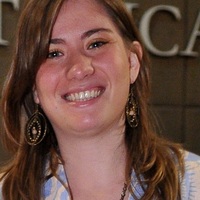
Elena López Ruf is a lawyer, graduated from the Faculty of Law of the Pontifical Catholic University of Argentina (UCA) where she teaches Philosophy of Law and is currently pursuing her Doctorate degree in Law. She coordinates the program Religion and Development of CREAS (Regional Ecumenical Center). Previously, she served for four years as advisor at the Religious Affairs office at the Government of Buenos Aires City. She is a member of the Youth Group of Argentine Council for International Relations (CARI) and of the Argentine Council for Religious Freedom (CALIR). In 2015, she participated at he Summer School Religions in the Global World, promoted by Sophia University Institute, and in 2009 attended the Jewish-Catholic Emerging Leadership Conference in Rome, organized by the Commission of Religious Relations for the Jews of the Holy See and the International Jewish Committee for Interreligious Consultations (IJCIC). She has been involved in interreligious and ecumenical initiatives for more than ten years, particularly with the youth of the Focolare Movement and has published a number of journal articles on human rights law and religious freedom.
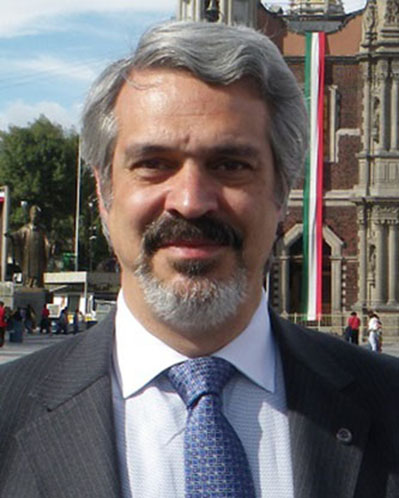
Dr. Juan G. Navarro Floria graduated in law from Pontificia Universidad Católica of Argentina, where he teaches civil law, ecclesiastical law, and law and religion in Latin America. He earned a PhD in Law from Complutense University (Spain). He was Chief Advisor to the Secretariat of Religious Affairs of the Argentine Government; founder, board member, and past president of the Argentine Council of Religious Freedom (CALIR); and founder and past-president of the Latin American Consortium for Religious Freedom. He is a member of the Academic Advisory Board of the International Center for Law and Religion Studies (ICLRS-BYU) and of the National Committee 'Justicia y Paz' at the National Conference of Catholic Bishops in Argentina, and is founder and member of the Steering Committee of the International Consortium for Law and Religion Studies (ICLARS–Milan) and a Member of the Section of Family Law and BioLaw of the National Academy of Law and Social Sciences.
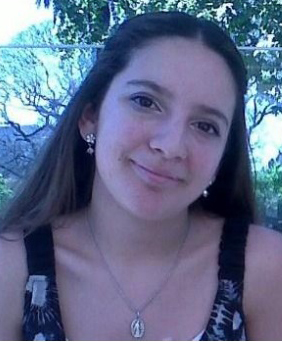
Maris Delfiina Orpelli graduated as a lawyer from Pontificia Universidad Católica Argentina. She takes part in a research project about state and religion (Proyecto IUS) in that University. Since 2017, she is a Professor in the Facultad de Derecho de la Universidad de Buenos Aires on the subject "Teoría General del Derecho" (by resolution 5277/17). Finally, she works at the Fiscalía en lo Penal, Contravencional y de Faltas 16 in Ciudad Autónoma de Buenos Aires, that is specialized on violence against women, as an Assistant for the Prosecutor.
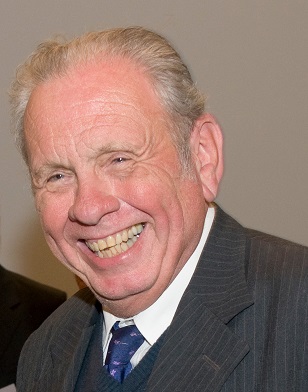
Norberto Padilla is founding member and current president of Consorcio Latinoamericano de Libertad Religiosa (the Latin American Consortium for Religious Liberty). He pursued a PhD at the University of Buenos Aires, where he was Professor of Constitutional Law at the Faculty of Law and Social Science. He was an advisor to the Chairman of the Commission for Constitutional Affairs in the Argentina Senate, an advisor and Assistant-Secretary of the Secretariat of Religious Affairs, and Secretary for Religious Affairs at the Foreign Ministry, with the rank of ambassador. He was Professor of Constitutional Law and Member of the Board at the Faculty of Law and Political Science at the Catholic University of Argentina, member of the Argentine Association of Constitutional Law and of the Editorial Board of the review of culture Criterio, former President of Fundación Navarro Viola, member of the Institute of Constitutional Politics of the National Academy of Moral and Political Sciences, honorary advisor of the Argentine Council for International Relations (CARI), life member of the Argentine Institute of Genealogical Sciences, and founding member of the Board of the Argentine Council for Religious Freedom (CALIR). Since 1972 he has been a co-worker for the Argentine Bishops Conference Commission for Ecumenism and Interreligious Dialogue, and has been appointed on three occasions by the Pontifical Council for the Promotion of Christian Unity to ecumenical and Catholic-Jewish conferences.
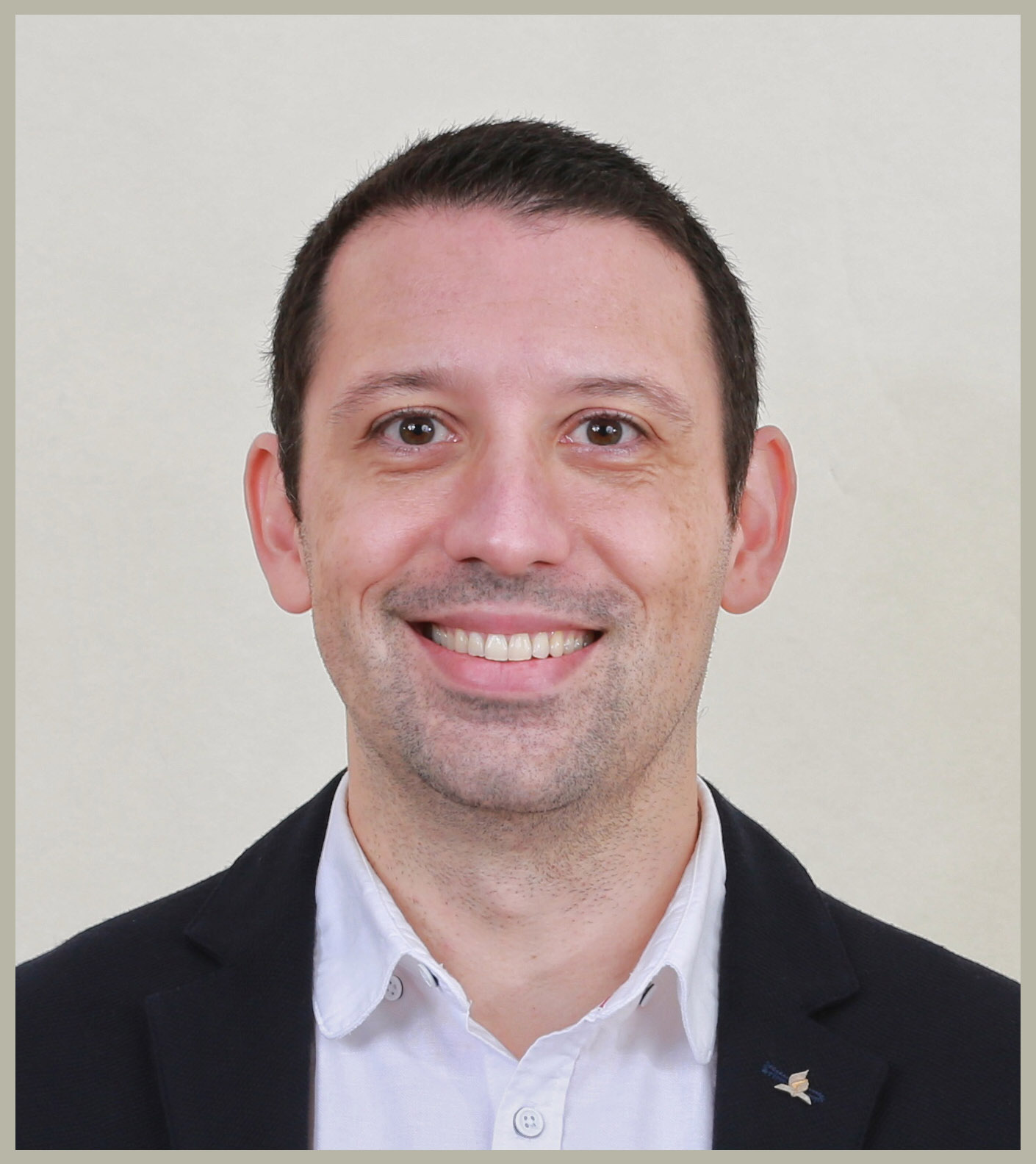
Juan Martin Vives is a professor of undergraduate and postgraduate courses at Universidad Adventista del Plata, Argentina. He served as General Counsel for the university and has held various positions of academic management. In 2015 he was appointed Director of the Center for Studies on Law and Religion (CEDYR) at the university and Editor-in-Chief of the academic journal DER - Derecho, Estado y Religión. He earned a JD (National University of Córdoba), a diploma in Law Teaching (Universidad Adventista del Plata), an LLM in Corporate Law (Austral University), and a PhD in Public Global Law (Autonomous University of Barcelona). He was a member of the Charter Class of the International Center for Law and Religion Studies' Advanced Program on Religion and the Rule of Law in Oxford and received a scholarship to pursue postgraduate studies in Lucerne, Switzerland from the Center for Comparative Constitutional Law and Religion, University of Lucerne. Author of articles and book chapters, he is a regular speaker on matters related to law and religion, religious freedom, and relations between church and state. He recently appeared as amicus curiae before the Argentine Supreme Court in a case involving freedom of religion and belief.
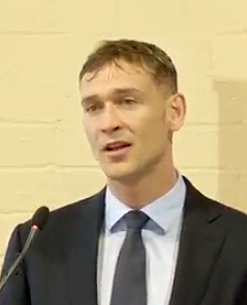
Greg Walsh was educated at The Australian National University, where he completed a combined Bachelor of Laws/Science degree and a Graduate Diploma in Legal Practice. He completed a Master of Laws degree at the University of Sydney and a Doctor of Philosophy degree at Curtin University. Greg’s research interests include torts, medical law, human rights law, and the intersection between law and religion. He is a member of the Australasian Association of Bioethics and Health Law and the NSW Medico-Legal Liaison Committee. He has lectured at Western Sydney University and The University of New South Wales. He has worked in various legal roles in Australia and overseas, including working for the Office of the Director of Public Prosecutions, the medical negligence department of Maurice Blackburn Lawyers, and the Office of the United Nations High Commissioner for Human Rights.
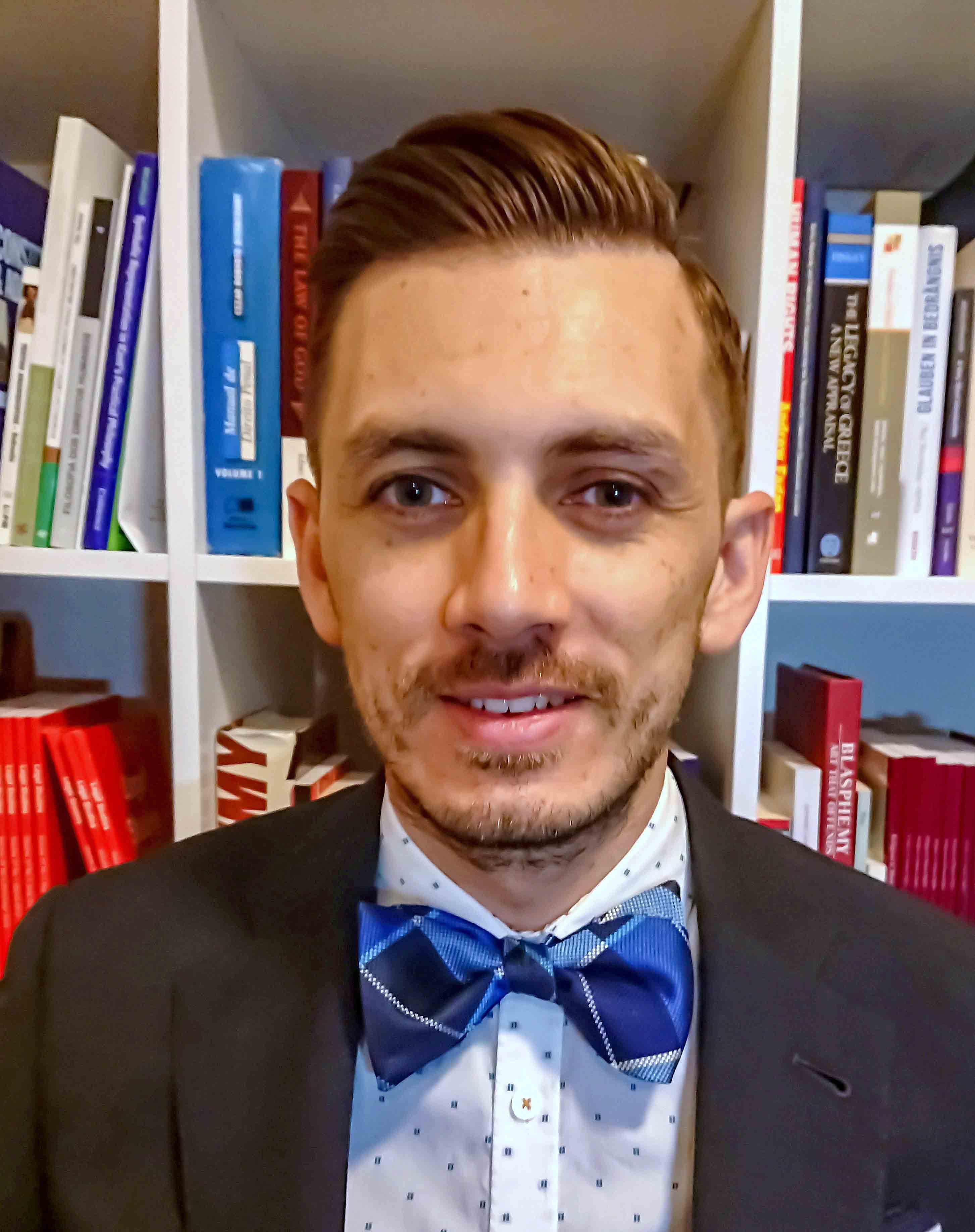
Thiago Alves holds an LLB (Hons.) from Centro Universitário Curitiba (Brazil) and a Master's Degree in International Human Rights Law from Åbo Akademi University (Finland), where he graduated with honours eximia cum laude approbatur. He is currently in the final year of his DPhil in Law, researching on the topic of offence to religious belief in international human rights law. He has been actively involved with NGOs both at a national and international level. He received a scholarship from the Norwegian Peace Corps to spend a year in Norway studying Cross-Cultural Communication (2007-2008) and did internships at the Office of the Public Defender in Brazil and with the United Nations Special Rapporteur on Freedom of Religion or Belief. He worked for the International Organization for Migration in Finland, on counter-trafficking and development projects. He was a Graduate Teaching Assistant for Human Rights Law (2015-17) and is currently a Human Rights Law tutor and secretary of the Oxford Society for Law and Religion.
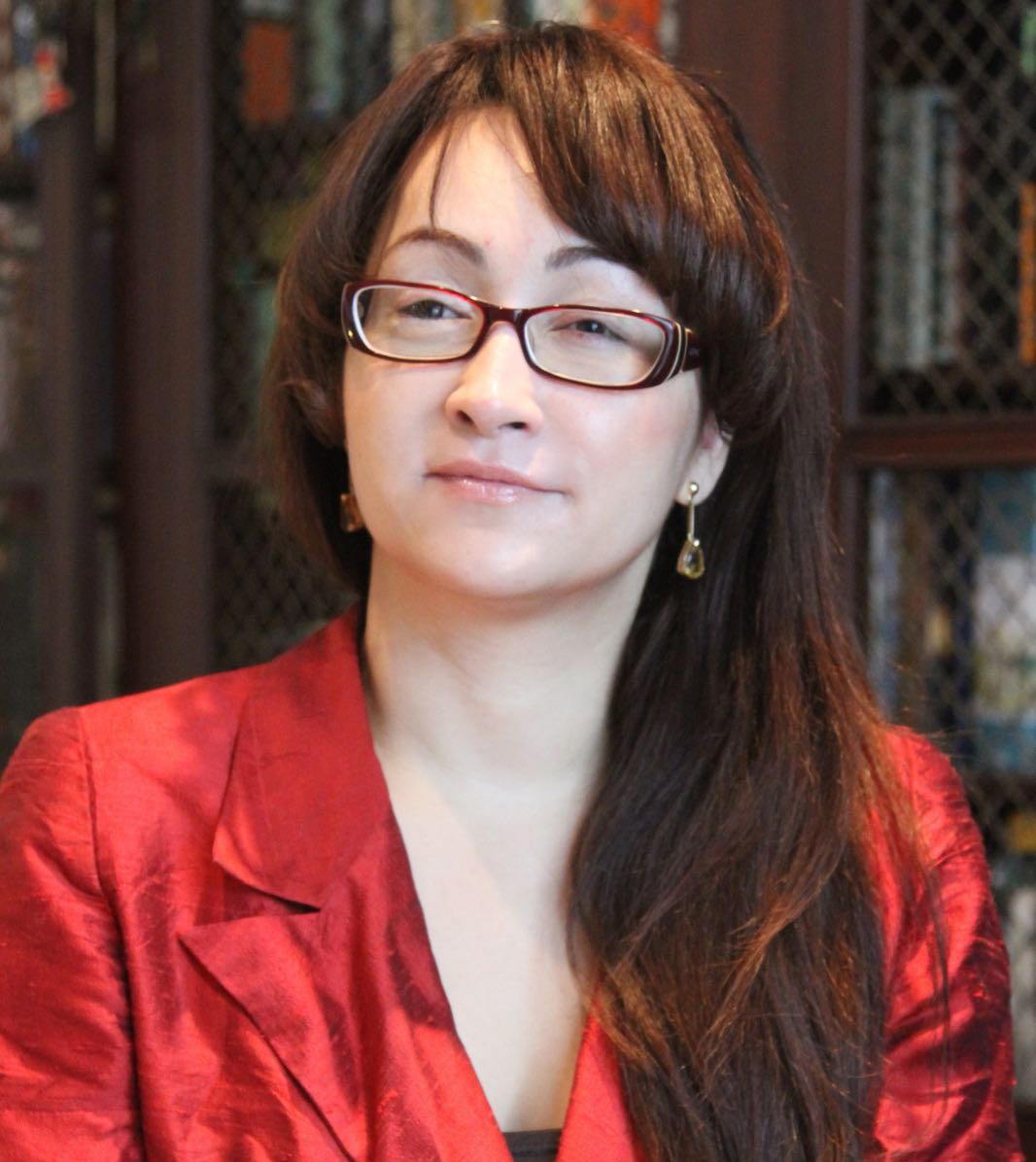
Agnes Christian Chaves Faria Alexandrovna Dybova is Professor of Law at Pontifícia Universidade Católica do Rio de Janeiro, Brazil, since 2005. She has a Master's degree in Canon Law, obtained at Pontifical Gregorian University in 2010 and worked on a PhD in Canon Law at Pontifical University of the Holy Cross, Rome. Since 2014 she has worked as legal consultant at the International Cooperation Coordination Centre / CCCI, PUC-Rio for cases related to foreign students and teachers, and has been at Confucius Institute in Rio de Janeiro since 2016. She is Coordinator of the Project with Inmates and Former Inmates (Agreement between PUC-RIO, the Rio de Janeiro State Penal Administration and Banco da Providência (Bank of Providence) since 2008. She is a member of ICLARS, of the Latin American Consortium for Religious Freedom, and since 2016 a member of the editorial board of the scientific journal Societas et Iurisprudentia, Trnava University, Slovakia since 2016. She a lawyer partner at Christian & Romanov and associated lawyers in Moscow-Lisbon since 2016.
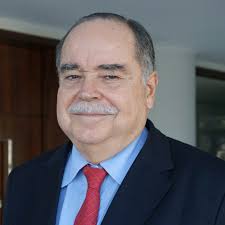
Luiz Roberto Cunha is Professor in the Department of Economics, Dean of the Center for Social Sciences, and Director of the Institute of Management of Financial and Actuarial Risks of Pontifícia Universidade Católica do Rio de Janeiro (PUC-Rio). He was Deputy Rector for Administrative and Financial Affairs of PUC-Rio, an advisor to the Ministry of Finance, Undersecretary of Planning and Control and Undersecretary of Finance of the State of Rio de Janeiro. He received a Bachelor of Science in Economics from PUC-Rio and a Masters in Economics from Vanderbilt University, USA.
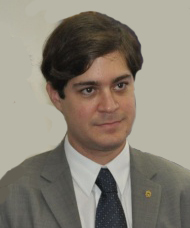
Professor Francisco de Guimaraens holds a law degree (2000), a master's degree in law (2002), and a doctorate in law (2006), all from the Pontifical Catholic University of Rio de Janeiro, where he is currently Dean of the Law School. His emphasis in law is on Constitutional Law, State Theory, and Political Philosophy.
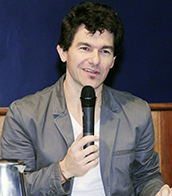
Emerson Giumbelli is Associate Professor at the Department of Anthropology and the Graduate Program in Social Anthropology at the Federal University of Rio Grande do Sul (UFRGS). He obtained his doctorate from the National Museum-Federal University of Rio de Janeiro (2000). He is co-editor of Religion and Society Journal. His teaching and research interests include anthropological theory, anthropology of religion, anthropology of modernity, religion and modernity, religious symbols and public sphere, and secularism. He is the author of several books, including Símbolos Religiosos em Controvérsias (2014), O Fim da Religião: dilemas da liberdade religiosa no Brasil e na França (2002), O Cuidado dos Mortos: uma história da condenação e legitimação do espiritismo (1997). He is also co-organizer of several books, including Secularisms in a Postsecular Age? Religiosities and Subjectivities in Comparative Perspective (2017); Religiões e temas de pesquisa contemporâneos: diálogos antropológicos (2015); Religión, Cultura y Política en las Sociedades del Siglo XXI (2013); A Religião no Espaço Público (2012).
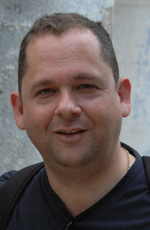
Fr. Evaldo Xavier Gomes, O. Carm. is Prior Provincial of the Order of the Carmelites Provincial Chapter of Rio de Janeiro, Brazil. For many years, beginning in 2001, he lived in Rome, where he was Director of Edizioni Carmelitane, the printing house of the Carmelite Order in Rome. Edizioni Carmelitane was established by the 1995 General Chapter as the publishing house for both the General Curia and the Institutum Carmelitanum. Fr. Gomes has a degree in law from the Faculty of Law at the Universidade Federal de Minas Gerais, Brazil and Bachelor of Theology Faculty of Theology of Lugano Università della Svizzera Italiana, Switzerland. He has a PhD and Masters in Canon Law and Civil Law from Pontificia Università Lateran in Rome. He has written articles on Canon Law and Church and State relations and is a member of the editorial board of the Brazilian Canon Law Review. He was a postdoctoral student of Law Department of the European University Institute, Florence, Italy (2009-2010); Professor of International Law of the Pontifical Urban Università of Rome, Italy; and Unversidade Academic Visitor at Oxford, England. He is a member of Bar Association of Brazil Sectional Minas Gerais (OAB / MG).
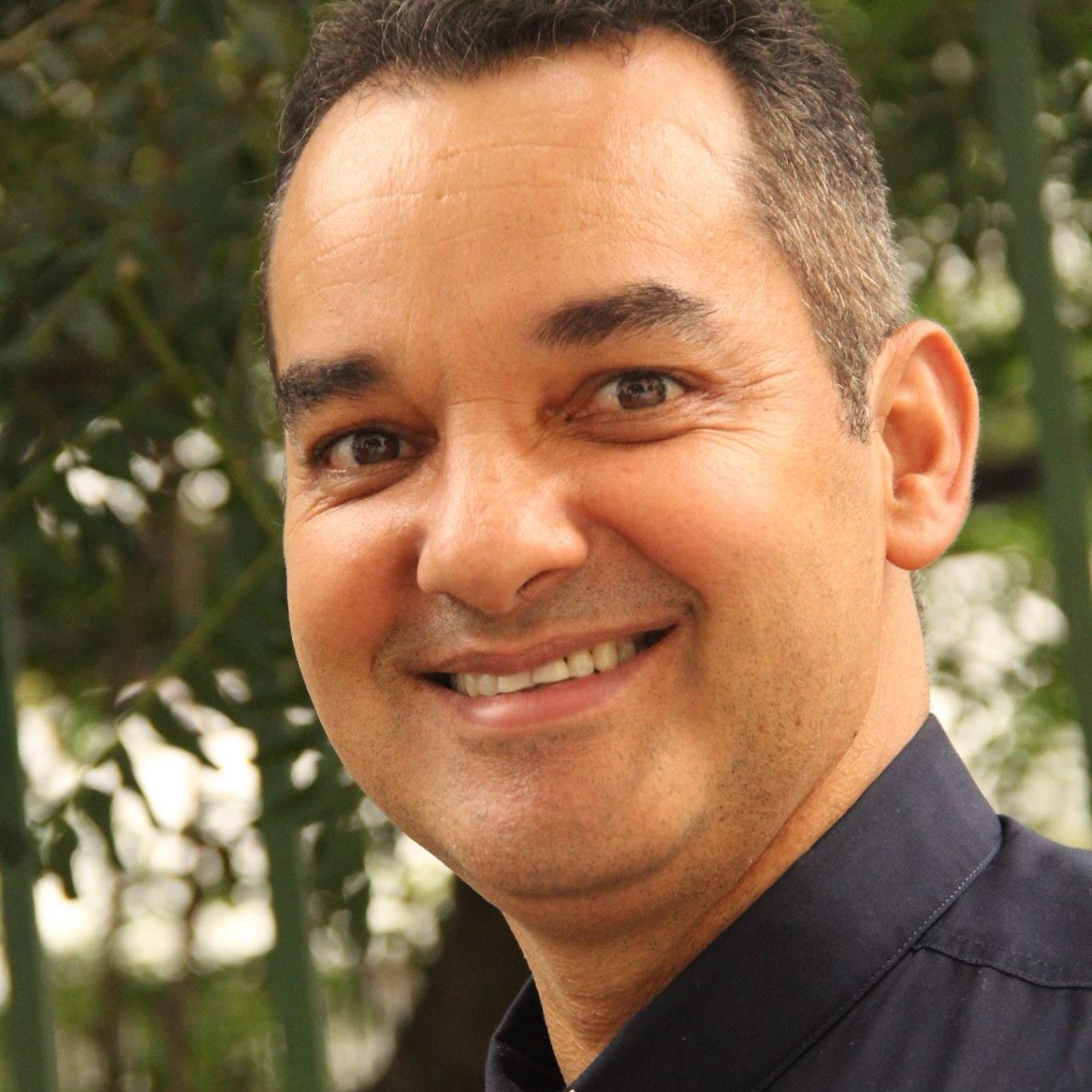
Pe. Waldecir Gonzaga is Dean of the Department of Theology at Pontifical Catholic University of Rio de Janeiro (PUC-Rio). He also teaches at Instituto Superior De Ciências Religiosas da Arquidiocese do Rio de Janeiro (ISCR). Father Waldecir holds a PhD in Biblical Theology from the Pontifical Gregorian University in Rome. In 2015 he was named Rector of Igreja do Sagrado Coração de Jesus (the Church of the Sacred Heart of Jesus) PUC-Rio. He is delegate of the Conference of Catholic Theological Institutions for Latin America (COCTI).
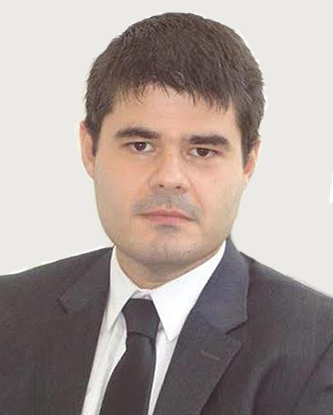
Fábio Carvalho Leite serves as the Deputy Legal Advisor to the Rector of Pontifical Catholic University of Rio de Janeiro, Brazil (PUC-Rio), where he is a professor and coordinator of Constitutional Law. He graduated from PUC-Rio in 1999, and earned a Doctor in Law from Rio de Janeiro State University in 2008. He is member of Constitutional Law Commission of Order of Brazil Lawyers. He is also a Researcher on Productivity at National Research Council (CNPq) with a research project about Free Speech (and Its Limits). His publications include State and Religion: Religious Liberty in Brazil (Juruá 2014), Freedom of Expression and the Right to Honor: New Guidelines to an Old Problem, in Fundamental Rights and Constitutional Jurisdiction, Clemerson Cleve & Alexandre Freire, eds (Revista dos Tribunais 2014), and Declaratory Action of Constitutionality: Expectation, Reality and Some Propositions, Sequência: Federal University of Santa Catarina Law Review 2014.
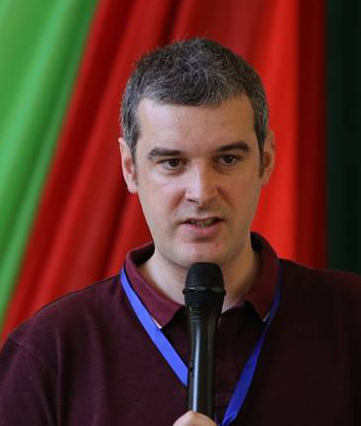
Graham McGeoch is a theologian and minister of the Church of Scotland. He teaches Theology and Religious Studies at Faculdade Unida de Vitória, Brazil. He has lived and worked in Africa, Europe, and Latin America and has a special interest in inter-religious dialogue and conflict resolution.
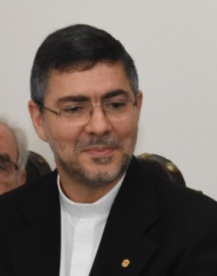
Prof. Pe. Álvaro Mendonça Pimentel, S.J., is Vice Rector, Pontifícia Universidade Católica do Rio de Janeiro, Brazi. He holds a degree in Philosophy from the Jesuit Faculty of Philosophy and Theology (1995), a degree in Theology from the Facultés Jésuites Center Sèvres de Paris (2001) and a Master's degree in Philosophy from the Pontifical Catholic University of Rio de Janeiro (1998). He holds a doctorate in Philosophy from the Federal University of Minas Gerais (2008) and has completed his research internship at the Center d'Archives Maurice Blondel (Université Catholique de Louvain, Belgium). In 2014, he completed post-doctoral training at the Catholic University of America. He is currently Professor of the Department of Philosophy of the Jesuit Faculty of Philosophy and Theology (FAJE-MG) and Rector of the same Faculty. He is a member of the Brazilian Association of Philosophy of Religion. His emphasis is on ethics and philosophy of religion, with centers of interest in the rationality of faith; the philosophical methods of study of the religious phenomenon; God as a philosophical problem; rationality and justification of moral action; forgiveness and social coexistence.
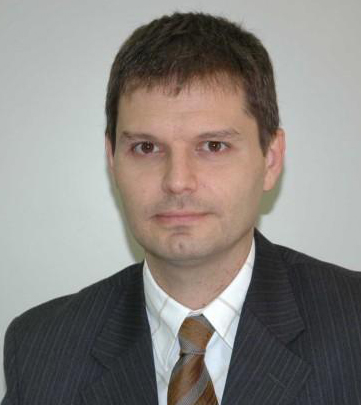
Jayme Weingartner Neto is a Professor in the Master's Program in Law and Society of Centro Universitário La Salle. He was appointed Judge of the Court of Justice of the State of Rio Grande do Sul in August 2012. He graduated from the Law School of Universidade Federal do Rio Grande do Sul and holds a Master's Degree in Juridical-Criminal Sciences from the University of Coimbra, Portugal, and a PhD in State Law from Pontifical Catholic University of Rio Grande do Sul. He has been Attorney General of the State of Rio Grande do Sul and was Secretary General of the Public Ministry of Rio Grande do Sul and Coordinator of the Office of Articulation and Integrated Management. He has worked in numerous courts, and he was a member of the National Management Forum of the CNMP; Coordinator of the Office of Support and Institutional Planning; Chairman of the Executive Committee of Strategic Management of the Public Prosecution Service; Coordinator of the MP Transparency Portal; member of the Computerization Commission of the National Council of Attorneys General and the Support Committee of the World Social Forum. He is author of the books Religious Freedom in the Constitution: Fundamentalism, Pluralism, Beliefs and Cults (2007) and Honor, Privacy and Freedom of the Press: A Criminal Justice Guideline (2002).
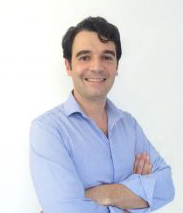
Antonio Pele is an Assistant Professor of Law and Human Rights at the Pontifical Catholic University of Rio de Janeiro. He has also taught at the Carlos III University of Madrid. Visiting Scholar, Pozen Family Center for Human Rights, The University of Chicago. He earned a BA at the Institut d'études politiques de Bordeaux (Sciences-Po), and a PhD in Law at Carlos III University of Madrid. His research is mainly concerned with the notion of Human Dignity, the History of Human Rights and Critical Theory.
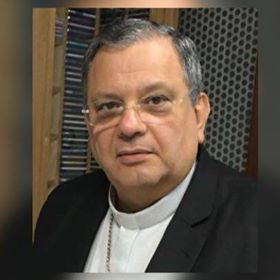
Dom Joel Portella Amado is professor at the Department of Theology at Pontifícia Universidade Católica do Rio de Janeiro (PUC-Rio). He studied Philosophy at the Aloisian Institute of the Society of Jesus and Theology at PUC-Rio, where he obtained a Master's degree in Theology and a PhD in Pastoral Theology. He also studied Law at the State University of Rio de Janeiro (Uerj). His scholary work in Theology focuses on Theological Anthropology and Pastoral Theology, working mainly on evangelization, inculturation, and urbanization. Dom Joel is an auxiliary bishop of the Archdiocese of São Sebastião do Rio de Janeiro. He has served as Vicar General; Archdiocesan Pastoral Coordinator; parish priest of the Metropolitan Cathedral; Member of the Presbyteral Council and of the College of Consultants; Administrative Director of the Museum of Sacred Art; Director of Archdiocesan Archives; Archivist of Cabido Metropolitano de São Paulo; and the Commission of Liturgical Pastoral, with responsibility liturgical texts.
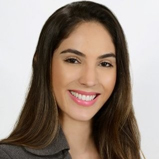
Lawyer Priscilla Regina Da Silva graduated in Law from Pontifícia Universidade Católica do Rio de Janeiro (PUC-Rio), where she also earned a Masters in Theory of State and Constitutional Law and is now a PhD student in the same subject. She did post graduate work in Public Law and Private Law at the Foundation Superior School of the Public Prosecutor of Rio de Janeiro - FEMPERJ. She was a scholarship researcher in the Scientific Initiation Program. In summer 2018 she was a member of the select Charter Class of the International Center for Law and Religion Studies' (ICLRS) Advanced Program on Religion and the Rule of Law held in Oxford, United Kingdom.

Aléxia Duarte Torres researches on freedom of expression, religious freedom, and hate speech at Universidade Federal de Minas Gerais in Brazil. She earned a Master's Degree in Law from the University in 2017, studying Constitutional Theory, Human Rights, and Democratic Institutions. She holds a National Council for Scientific and Technological Development (CNPq) scholarship for post-graduate research. She earned a Bachelor in Law from Pontifical Catholic University of Minas Gerais (2016) and was was a member of the Research Group at Herman Dooyeweerd, under the guidance of Prof. Dr. Giordano Bruno Soares. She was trainee Professor at the Department of Public Law, Discipline Constitutional Law II (2017-2018) and the Department of Labor Law, discipline Philosophy of Law (2017). She is Monitora of the Introduction to Law Study I and II and Director of Finance and Culture of the Academic Directory at graduation.
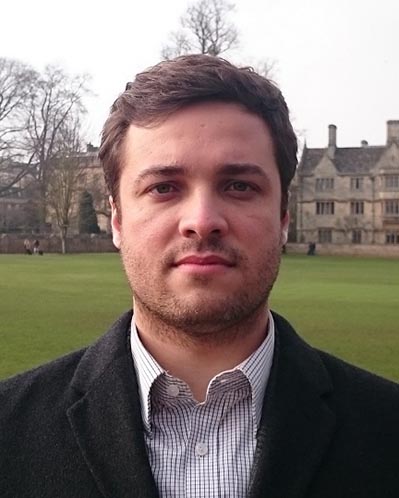
Rodrigo Vitorino Souza Alves is a member of the Faculty of Law of Universidade Federal de Uberlândia, the Federal University of Uberlandia (Brazil) and the Leading Researcher of the Brazilian Center for Studies in Law and Religion. He is a Researcher at the Ratio Legis - Center for Legal Research and Development of the Autonomous University of Lisbon on the topic religious freedom, social tension and security, and was an Academic Visitor at the University of Oxford (2014-2015). At the United Nations Office at Geneva he served as guest speaker at the Sixth Session of the Forum on Minority Issues on Beyond Freedom of Religion or Belief: Guaranteeing the Rights of Religious Minorities (OHCHR), which led to the publication of a set of recommendations by the Human Rights Council. He sits at the International Academic Advisory Board of the Advanced Program on Religion and the Rule of Law at Oxford and is a member of the Editorial Board of the Series Law and Religion in a Global Context, published by Springer, and the editor of the book Latin American Perspectives on Law and Religion. He was a member of the Expert Advisory Group for the International Development of Law Organization (IDLO) study on freedom of religion or belief.
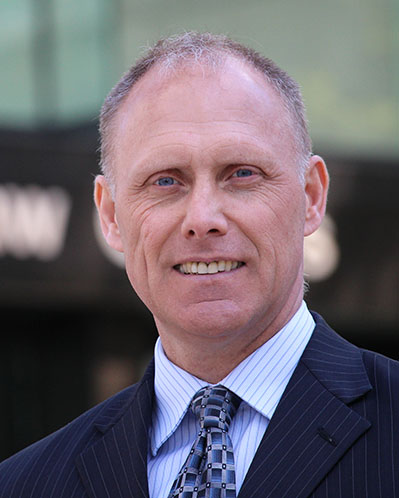
Barry W. Bussey is Vice-President of Legal Affairs for the Canadian Council of Christian Charities and Adjunct Associate Professor in the School of Law, Sydney at The University of Notre Dame Australia. He obtained the BA Degree in Theology from Union College, Lincoln, Nebraska, the LLB degree from the Faculty of Law at the University of Western Ontario, the MA Degree in Political Science from Memorial University of Newfoundland, and the LLM Degree in Constitutional Law at Osgoode Hall Law School at York University (Toronto, Ontario). He served as pastor for two churches and practised law for four years before taking the position of Trust Services and Public Affairs and Religious Liberty (PARL) Director at the Ontario Conference of the Seventh-day Adventist Church. He has been General Counsel/Public Affairs Director for the Seventh-day Adventist Church in Canada and worked in Washington DC, New York City, and Geneva as the representative of the International Religious Liberty Association at the US Congress and the United Nations. He has participated in litigation in charity law at Federal Court, and intervention at lower courts and at the Supreme Court of Canada.
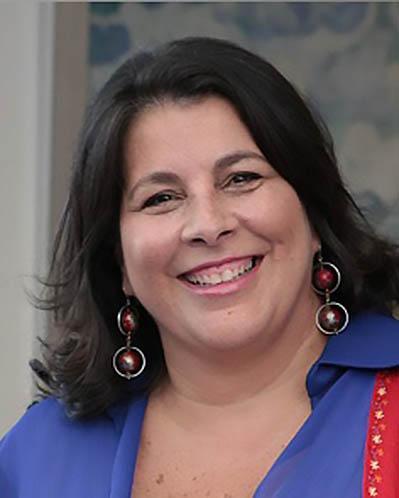
Ana María Celis Brunet is an associate professor in the Faculty of Law, Pontificia Universidad Católica de Chile (UC), where she teaches canon law and law and religion, as well as post graduate courses in different programs. She received her license and doctoral degree in canon law at the Pontificia Università Gregoriana (Rome, Italy) with the dissertation La relevancia canónica del matrimonio civil a la luz de la Teoría general del Acto jurídico, contribución teórica a la experiencia jurídica chilena. Professor Celis is an ecclesiastical lawyer before the Ecclesiastical Court of Santiago. She is Director of El Centro UC Derecho y Religión (the Center for Law and Religion at UC), which began in 2005 as Centro de Libertad Religiosa, a center for studying Church-State matters and promoting religious freedom. She was the secretary and then President (2013-2016) of the Consorcio Latinoamericano de Libertad Religiosa (Latin American Consortium for Religious Freedom). She is President of the International Consortium for Law and Religion Studies (ICLARS).
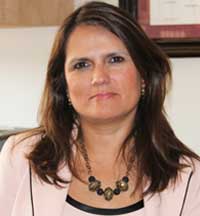
Carmen Dominguez received a Masters in Comparative Law and PhD in Law from the Complutense University of Madrid. She is Professor of Civil Law and Director of the Family Center of the Catholic University of Chile. She has published three books and numerous articles on civil liability, legal theory, Family Law, and Bioethics. She has developed several research projects and domestic and foreign sources. She teaches seminars lectures and conferences in Chile and abroad. She is a practicing lawyer and is referee of the Chamber of Commerce and Alternate Judge at the Court of Appeal of Santiago, Chile.
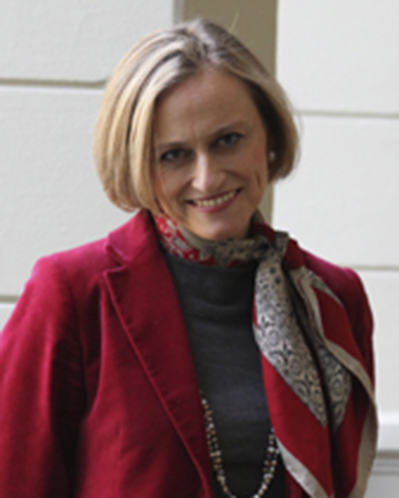
Maria Elena Pimstein is a lawyer, assistant professor of Canon Law, and since 2006 a researcher and director of the Council of the Center for Law and Religion at the Faculty of Law. Since 2015 she is Secretary General of Pontificia Universidad Católica de Chile. Since its inception in 2011, she is a member of the National Council for the Prevention of Abuse of Minors and Support of Victims of the Episcopal Conference of Chile. Since 2003 she also serves as an internal consultant of the Legal Department of the Archbishopric of Santiago de Chile. She was Auditor of Ecclesiasticus National Court of Appeals under the Episcopal Conference of Chile. Inside the UC, she joined the Ethics and Disciplinary Board of the Faculty of Law (2014). Professor Pimstein has participated in numerous national and international academic meetings, as rapporteur and coordinator, in which she has contributed in the area of religious freedom.
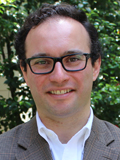
Sebastián Zárate Rojas is Assistant Professor at the School of Communication at the University of Los Andes (Chile) He earned a doctorate as a Graduate Fellow of the Marion B. Brechner First Amendment Project at the University of Florida. He holds a PhD in Law from the University of Bristol (England) and a PhD in Communication Law from Universidad Compmletense de Madrid (Spain). He worked for eight years an Assistant Professor of Law at the Catholic University of Chile. He has served as the General Counsel of the Chilean National Press Association, and Counsel of the Chilean Media Ethics Committee and has been editor Editor of Revista Lainoamericana de Derecho y Religión and member of the Board of Direcotrs at Centro UC Derecho y Religión, Pontificia Universidad Católica de Chile.
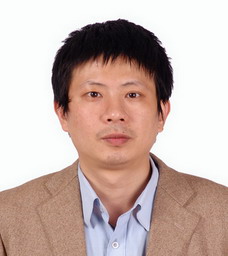
Professor Yin received his PhD in Economics from the University of Tuebingen, Germany in 2012. He also holds an MPA in International Development from Harvard and a double BA in Economics and Law from Peking University in China. His research focused on inequalities across ethnicities in China. He is currently teaching at Hefei University of Technology in China. He was the recipient of the Japanese government’s Asian Leaders Fellowship Program in 2015, and a Social Science Research Council, also in 2015. His publications include Determinants of Health Inequality in China: An Empirical Study in the Journal of Economic Inequality (2016) and Inequality across Ethnicities in China: Problems and Solutions in Issues & Studies (2015). He has been selected as one of eight China India Scholar-Leaders for 2017-2019 by the New School, India China Institute.
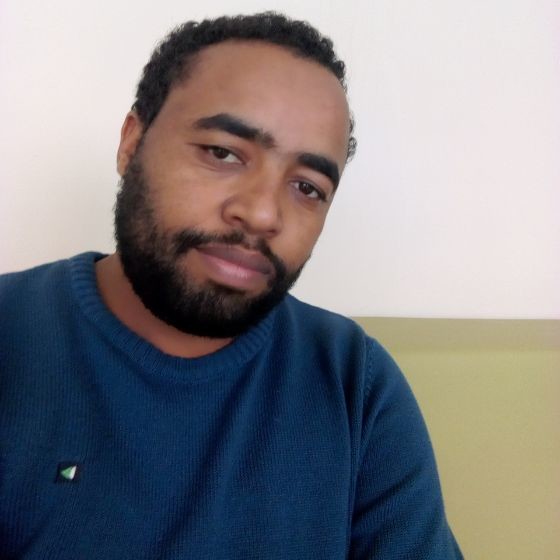
Mohammed Jemal Ahmed is lecturer and researcher at Wollo University in Ethiopia and a PhD student in Tourism Management at İzmir Kâtip Çelebi University in Turkey. From 2009-2016 he was a lecturer at Jijiga University in Ethiopia. He earned a BA Degree from Madawalabu University in History and a Master of Arts degree in Tourism and Development from Addis Ababa University, Ethiopia. His areas of research interest include Tourism, Heritage, Historical Sites of Ethiopia and the Horn, Culture, Globalization and Cross Cutting issues, Ethiopian Historiography, Medieval and Modern Political History of Ethiopia and the Horn, Islamic History of Ethiopia and the Horn. He has participated in curriculum development in History and Heritage Management and has delivered papers in international conferences in Ethiopia and in Warsaw, Poland. He is author of Challenges of Teaching History in Multi-Ethnic Countries: Ethiopia (Éditions universitaires européennes 2016).
Seid Demeke Mekonnen is a Doctor of Philosophy Student at the School of Law, City University of Hong Kong. He earned an LLM at Mekelle University and an LLM in Business and Corporate Law at Bahir Dar University, both in Ethiopia. He has been a Lecturer at Jijiga University, Ethiopia. He is author of articles in the Bahir Dar University Journal of Law, including Joint Venture Under the 1960 Commercial Code of Ethiopia: A Comparative Analysis with the UK and German Legal Systems (2013), 'The Role of International Human Rights Law in Improving Law of Internal Armed Conflict (2014), and A Comparative Analysis of the Ethiopian Framework for Challenging Arbitral Awards through Appeal'(2014-2015).
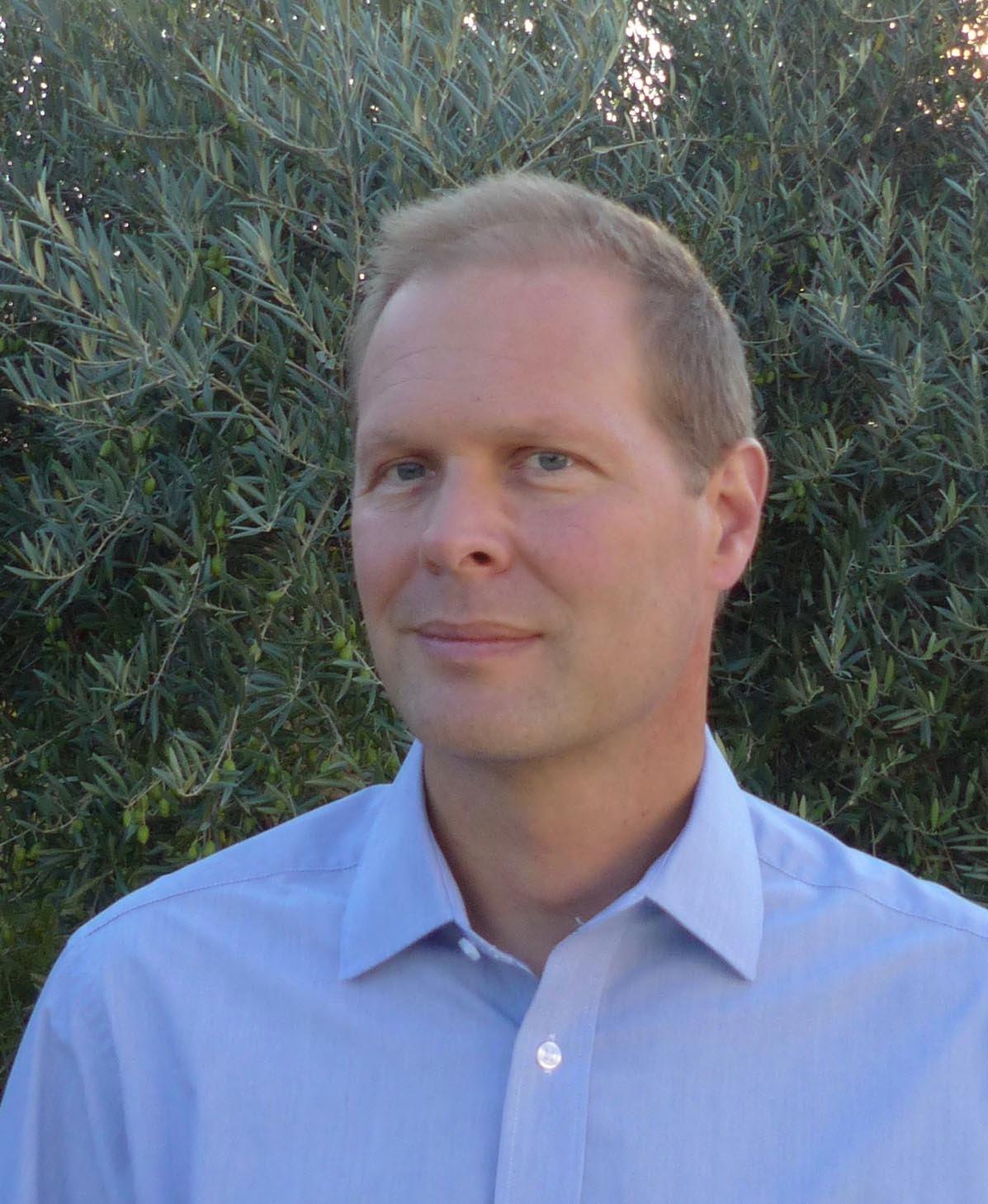
Born in Los Angeles, California, Gregory Mose is a graduate of Duke University School of Law JD) and Harvard University (AB English Literature). His professional experience includes corporate securities law in London and public international law with the UN High Commissioner for Refugees in West Africa. Courses taught include Global Politics for the International Baccalaureate and a course in International Humanitarian Law at Sciences Po in Aix-en-Provence. Currently he is working on his PhD at Aix-Marseille University. His doctoral dissertation is a comparative study of approaches to religious freedom in US courts and in the European Court of Human Rights, in particular focussing on how each court uses weighs conflicting claims in religious freedom cases. Legal work experience includes refugee law with the UNHCR in Guinea and corporate securities with Freshfields Bruckhaus Deringer in London.
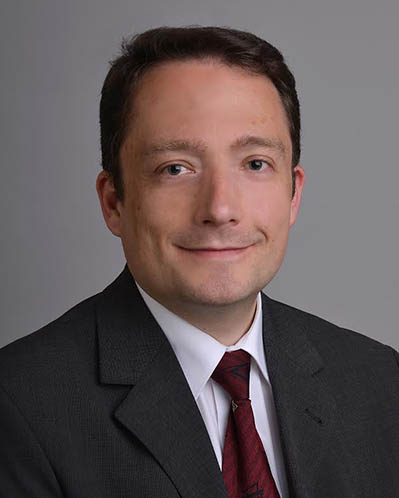
Prof. Dr. Dr. Burkhard J. Berkmann holds a chair for Canon Law at the University of Munich since October 2016. Religious pluralism, fundamental rights and their implications on Canon Law are among his primary research interests. He obtained an MA degree in Philosophy, followed by doctorates in both Law and Theology from the University of Innsbruck, and a Licentiate in Canon Law from the University of Munich. After his habilitation at the University of Lucerne, he was a lecturer and later an associate professor at the theological seminary of St. Poelten (Austria), besides working as a legal advisor and diocesan judge for the Diocese of St. Poelten. He was a visiting scholar at the University of Potsdam in 2009/10, and is a lecturer at the University of Lucerne since 2015.
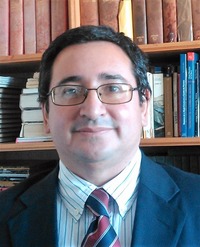
Dr. Rodrigo Cespedes was born in Chile and is a Research Fellow at the Max Planck Institute for Social Anthropology (Department of Law & Anthropology). His current research focuses on religious discrimination in school education in a number of countries and within the European human rights system. He is a qualified attorney at law and holds a PhD in Law from Lancaster University, UK. Previously, he was postdoctoral researcher at Manchester University (UK), where he conducted research on Latin American comparative law (in Chile, Argentina, Colombia, Bolivia, Costa Rica, and the Inter-American human rights system). In his own country he has taught Administrative Law, Environmental Law, and Introduction to the Law at Universidad Católica del Norte in Antofagasta, Chile. Over the course of his professional life he has researched and explored numerous topics ranging from jurisprudence to tax law.
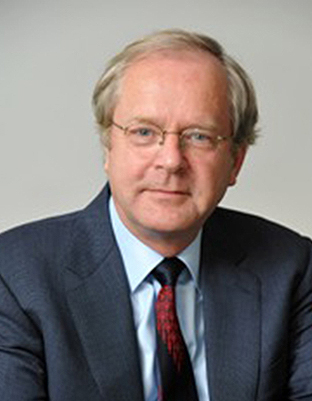
Gerhard Robbers is emeritus professor for public law at the University of Trier, Germany. From 2014 to 2016 he has served as minister of justice and for consumer protection of Rhineland-Palatinate, a federal state of Germany. He received his doctoral degree in law in 1979 and obtained his final law degree in 1980 in Freiburg. From 1981-1984 he served as law clerk to the President of the German Federal Constitutional Court. In 1986 he obtained his habilitation in Law. From 1988 to 1989 he was Professor of Law at the University of Heidelberg. Since 1989 he has been Professor for Public Law at the University of Trier. He was Director of the Institute for European Constitutional Law and Director of the Institute for Legal Policy at Trier University. From 2008 to 2014, he served in additional office as judge at the Constitutional Court of Rhineland-Palatinate. He has served as an advisor to several national governments and international organizations and has argued several cases of public law before the German Federal Constitutional Court and the European Court of Human Rights.
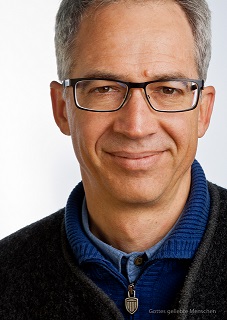
Prof. Dr. Christof Sauer is Professor for Religious Freedom and Research on Persecution of Christians at Giessen School of Theology, Germany, part time Professor of Religious Studies and Missiology at Evangelische Theologische Faculteit Leuven, Belgium, and Professor Extraordinary at Stellenbosch University, South Africa. He is also founding Co-Director of the International Institute for Religious Freedom (Bonn – Cape Town – Colombo – Brasilia – Brussels/Geneva) and the World Evangelical Alliance’s observer on the WCC Commission of the Churches on International Affairs. He lives in Giessen, Germany and Cape Town, South Africa. He has written a postdoctoral habilitation thesis on martyrdom and mission at Wuppertal Protestant University and has been editor of the International Journal for Religious Freedom. He has been involved in the audit of methodology and outcomes of "World Watch List" on persecution of Christians.
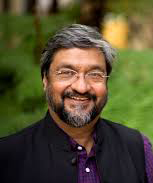
Rajeev Bhargava is Professor and former Director of the Centre for the Study of Developing Societies (CSDS), Delhi (2007-2104). He was Professor at the Centre for Political Studies, Jawaharlal Nehru University (JNU), New Delhi (1980-2005), and was Head, Department of Political Science, University of Delhi (2001-2005). He has an MPhil and DPhil from Oxford University and is Honorary Fellow, Balliol College, Oxford and Professorial Fellow, Australian Catholic University, Sydney. He has been a Fellow at Harvard University; University of Bristol; Institute of Advanced Studies, Jerusalem; Wissenschaftskolleg, Berlin; and the Institute for Human Sciences, Vienna. He has also been Distinguished Resident Scholar, Institute for Religion, Culture and Public Life, Columbia University, and Asia Chair at Sciences Po, Paris. Bhargava’s publications include Individualism in Social Science (1992), What is Political Theory and Why Do We Need It? (2010), and The Promise of India’s Secular Democracy (2010). His edited works are Secularism and Its Critics (1998) and Politics and Ethics of the Indian Constitution (2008). His work on secularism and methodological individualism is internationally acclaimed.
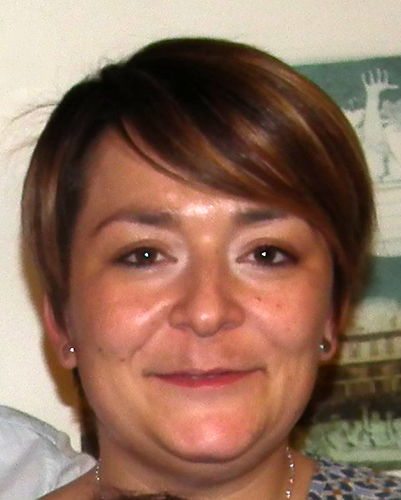
Cristiana Cianitto attended the Faculty of Law in the Università degli Studi in Milan, where she took her undergraduate degree in Law in 2000 and her PhD in Philosophy of Law, curriculum in Ecclesiastical and Canon Law, in 2005. Since October 2007 she has been a Lecturer in Canon Law at the University of Milan, Faculty of Law. Her main fields of investigation are church and state relationships in UK with a particular attention to the Anglican canon law and the British legal system in relation to religious issues and hate crimes, hate speech, freedom of religion, and freedom of expression in the UK, USA, India, and Italy. In 2008 she was a founding member of the International Consortium for Law and Religion Studies (ICLARS), and she has since continuted as the general coordinator of ICLARS secretariat. She serves as a case note editor for the Oxford Journal of Law and Religion and is Coordinator of the Secretariat of the International Consortium for Law and Religion Studies. She is a member of the editorial committee of the journal Quaderni di diritto e politica ecclesiastica.

Ludovica Decimo is currently a PhD Student in Law, specifically Law and Religion and Intercultural Law, at the University of Padua, Italy. She is a teaching assistant in Law and Religion, Intercultural and Religions Law, Ecclesiastical Patrimonial Law and No-Profit Organization Law, Department of Law, Università degli Studi della Campania – Luigi Vanvitelli, Italy. Among the many conferences she has attended is Right of Religious Minorities in the Islamic Territories – Legal framework and the call to the initiative, organized by Forum Promoting Peace in Muslim Societies and the Ministry of Religious Endowments and Islamic Affairs of Kingdom of Morocco (2016). She was a lecturer at international conferences including the Cardiff Festival for Law and Religion – Celebrating the 25th Anniversary of the LLM in Canon Law at Cardiff University, the 2016 Annual Conference of the Law and Religion Scholars Network (LARSN) organized by Cardiff University and the Center for Law and Religion; the 24th World Congress of Political Science – Politics in a World of Inequality, organized by the International Political Science Association, Poznan (2016).
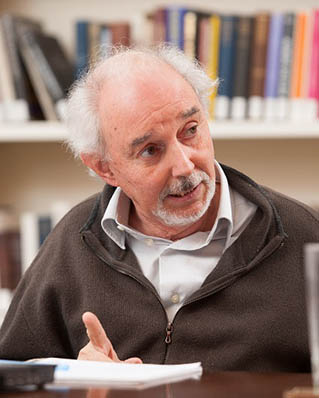
Silvio Ferrari, founder and honorary lifetime president of the International Consortium for Law and Religion Studies (ICLARS), was visiting professor at the University of California (Berkeley), the Institute for Advanced Legal Studies (London), the École Pratique des Hautes Études (Sorbonne, Paris), and the University of Leuven. His publications in English include Law, Religion, Constitution (edited with Cole Durham, Cristiana Cianitto, and Donlu Thayer); Religion in Public Spaces (edited with Sabrina Pastorelli); Law and Religion in the 21st Century (edited with Rinaldo Cristofori); Law and Religion in Post-Communist Europe (edited with Cole Durham and Elizabeth Sewell), Islam and European Legal System (edited with Anthony Bradney). He is a member of the Advisory Council on Freedom of Religion and Belief of the Organization for Security and Co-operation in Europe / Office for Democratic Institutions and Human Rights, member of the International Academy of Comparative Law, a founding editor of the Oxford Journal of Law and Religion, and member of the editorial board of the Ecclesiastical Law Journal. He delivered a Messenger Lecture at Cornell University and received the Distinguished Service Award of the International Center for Law and Religion Studies.
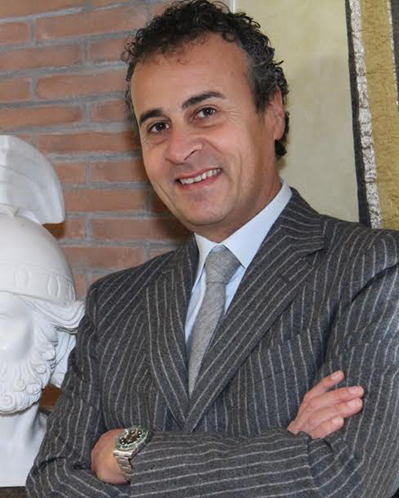
Antonio Fuccillo is Full Professor of Law and Religion and Intercultural Law at Universita degli Studi della Campania- Luigi Vanvitelli (Italy). Recently he was appointed a member of the School of Law (Law & Religion) at Renmin University of China in Beijing. He is a cultural correspondent for the MACTT of Malta and a member of the PhD board at the University of Rome La Sapienza. He attended the conference Right of religious minorities in the Islamic territories – Legal framework and the call to the initiative, organized by Forum Promoting Peace in Muslim Societies and the Ministry of Religious Endowments and Islamic Affairs of Kingdom of Morocco (2016). He was a lecturer at international conferences including International Consultation on Religious Freedom Research, Istanbul (2013); Crime and Punishment: nature, problems and perspectives of Canonical Penal Law and its relation to Civil Law, Washington, DC (2014); Religious Freedom in the Post‐Secular Age, Switzerland (2014); Cardiff Festival for Law and Religion – Celebrating the 25th Anniversary of the LLM in Canon Law at Cardiff University and Law and Religion Scholars Network (LARSN) – Annual Conference 2016, organized by Cardiff University and Center for Law and Religion (2016); and 24th World Congress of Political Science – Politics in a World of Inequality, organized by International Politcal Science Association – IPSA,Poznan (2016).
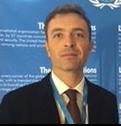
Francesco Sorvillo is research fellow in Law and Religion and incaricate professor in Intercultural Law at the University of Campania Luigi Vanvitelli (Italy). He is the author of Economie & Religioni (2016) and co-author of articles including 'Religious freedom and objectives for intercultural economic development (International Journal for Religious Freedom, 2013); Law, Religions and Food Choices (CALUMET. Intercultural Law and Humanities Review, 2016).He has attendedand spoken at many conferences, including 'rime and Punishment: nature, problems and perspectives of canonical penal law and its relation to civil law, Washington DC, 2014); 24th World Congress of Political Science – 'Politics in a World of Inequality, (Poznan, 2016); Cardiff Festival for Law and Religion (Cardiff, 2016); LARSN - Conference 2017 in Amsterdam (2017); Law as Religion, Religion as Law, organized by The Hebrew University of Jerusalem (2017); Freedom of religion or belief in Islam: A way forward?, organized by Euro-Gulf Information Centre (EGIC); Law and Religion Scholars Network (LARLSN) - Annual Conference (2018), organized by Cardiff University and Center for Law and Religion (2018).
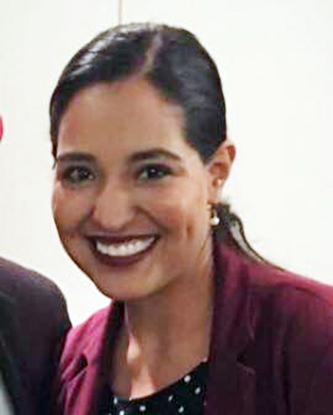
Cecilia Palomo Caudillo is a Professor of International Law of Human Rights and Legal Reasoning at Universidad Panamericana campus Aguascalientes. She is the Jessup National Administrator for Mexico, International Law Students Association. She is pursuing a PhD in international law from Universidad Internacional de La Rioja.

Dr. Tamar de Waal works as assistant professor legal and political theory at the Erasmus School of Law. She is specialized in doing interdisciplinary research combining law, politics and morality. She complete her dissertation, Conditional Belonging, in 2017, focusing on integration requirements for immigrants in Europe and equal citizenship. In her current research she focuses on citizenship education, in particular, how liberal democracies can promote democratic socialization without jeopardizing the value of equal citizenship. During her philosophy, law, and PhD studies, Tamar studied at University College London, Columbia Law School in New York City, and at McGill University in Montreal, Canada.
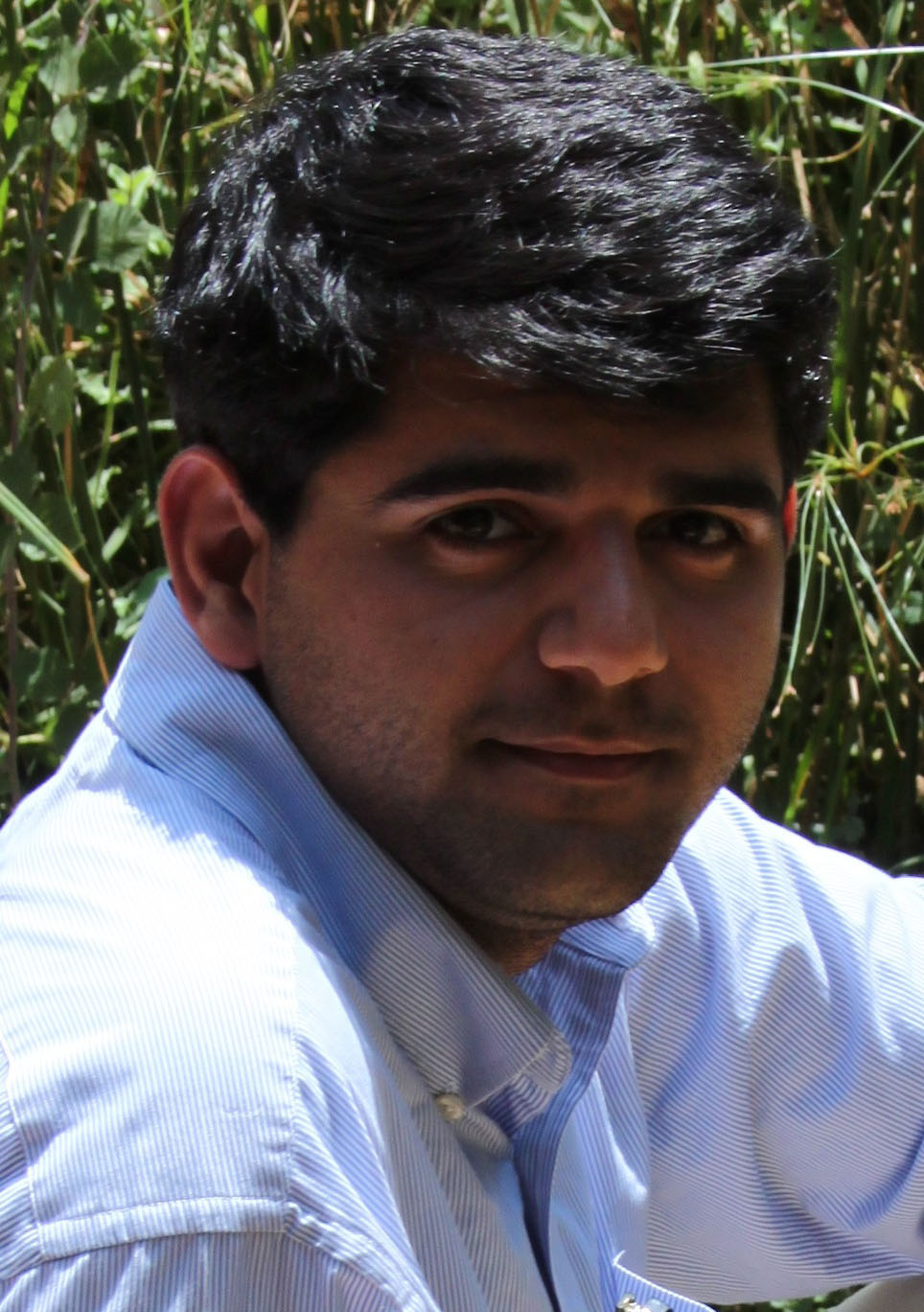
Sohail Wahedi is a PhD Candidate at Erasmus School of Law in the Netherlands. He focuses on the place of religion in liberal political philosophy. His work has been accepted for publication with Buffalo Human Rights Law Review; Quinnipiac Health Law Journal and the Oxford Journal of Law and religion. He has been a visiting researcher to Osgoode Hall Law School, Toronto, and in summer 2018 he was a fellow in Charter Class of the International Center of Law and Religion Studies’ Religion and the Rule of Law in Oxford. He was an intern at the Dutch Embassy to Israel and was working student at De Brauw Blackstone Westbroek Lawyers and Notaries in Amsterdam.
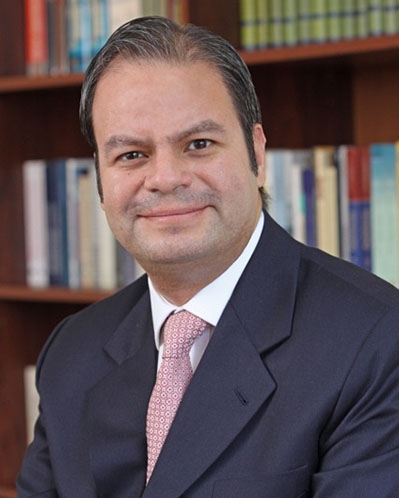
Oscar Díaz Muñoz has a PhD in Law from the University of Zaragoza (Spain) and a Licentiate in Law from the Pontifical Catholic University of Peru. He is advisor and former Secretary to the Constitutional Tribunal of Peru and Professor of Constitutional Law in the Graduate School at the University of San Martín de Porres (Peru). His publications include: El derecho fundamental de libertad religiosa: jurisprudencia y doctrina constitucional, 2014 (The Fundamental Right of Religious Freedom: Jurisprudence and Constitutional Doctrine); El derecho constitucional de libertad religiosa del menor: familia, escuela y tratamientos médicos, 2010 (The Constitutional Law of Religious Freedom for Minors: Family, School, and Medical Care); La moción de censura en el Perú, 1997 (The Motion of Censure in Peru); and numerous articles on Constitutional Law and Human Rights, appearing in various books and law journals published in Peru and other countries.
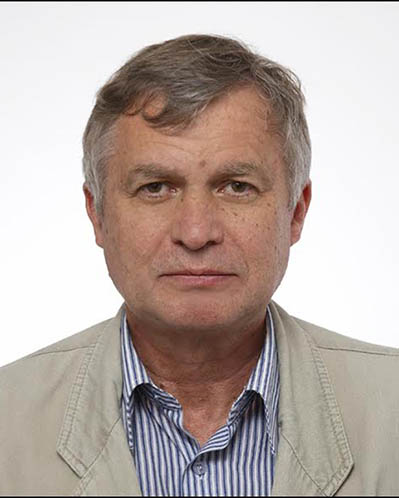
Marek Szopski has Master’s degrees in English Philology and Sociology from Warsaw University and a PhD in Sociology from the University of Notre Dame, Indiana. He is currently on the faculty of the English Institute of Warsaw University (IA), and at the Academy of Social Sciences (SAN) in Warsaw. Marek Szopski has also lectured at the Communication Department and at the Sociology Department of the Appalachian State University, NC. At the University of Notre Dame, IN, he taught courses in Social Movements, Self and Society, and Introduction to Sociology. He translated into Polish and had published a General Theory of Authority by Yves R. Simon in 1998. He was also a co-translator of the History of the United States of America, ed. by A. Bartnicki and D. Critchlow, into Polish. In 2005 he published a handbook of Intercultural Communication in Polish. In 2011 he translated Solidarity: The Self-Limiting Revolution by Jadwiga Staniszkis. Recently he co-authored a chapter in Gender, Religion and Migration ed. by G.T Bonifacio and V. S.M. Angeles, published in Canada. At present he is working on an expanded version of Intercultural Communication. He is also invited to comment on social and political issues on the Polish media.
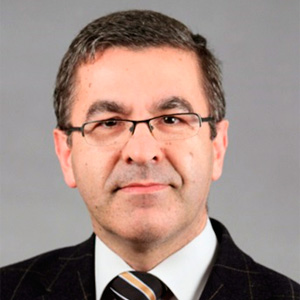
Prof. Doutor Jónatas Eduardo Mendes Machado is Professor of International Public Law and European Union Law at the the Faculty of Law of the University of Coimbra (Portugal), and the Director of its "Ius Gentium Conimbrigae" Human Rights Centre. He obtained a Master's degree with a thesis entitled "Religious Freedom in an Inclusive Constitutional Community" and a PhD degree, with a thesis entitled "Freedom of Expression". He is the author of several books, including Liberdade Religiosa numa Comunidade Constitucional Inclusiva (Religious Freedom in a Inclusive Constitutional Community), Estado Constitucional e Neutralidade Religiosa - Entre Teísmo e o (Neo)ateísmo (Constitutional State and Religious Neutrality - Between Theism and (Neo)atheísm), Liberdade de Expressão (Freedom of Expression), Direito Internacional (International Law), and Direito da União Europeia (Law of European Union).
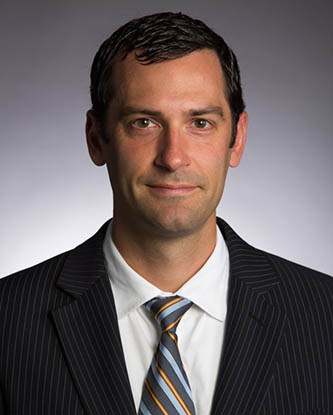
Zachary Calo is a Founding Full Professor at Hamad bin Khalifa University College of Law in Doha, an initiative of the Qatar Foundation and North Western University to offer the first Juris Doctor degree in the Middle East. He is also Research Scholar in Law and Religion at Valparaiso University and Visiting Professor at the Open University, UK. He has previously taught at Valparaiso University Law School, Notre Dame Law School, DePaul University College of Law, and Hangdong International Law School in South Korea. He was visiting fellow at the Brookings Institution, the Pew Forum on Religion and Public Life, and the Institute for Humane Studies. Calo practiced law with Buckley Sandler LLP in Washington, DC. He holds a Bachelor of Arts and a Master of Arts in history from The Johns Hopkins University, a Juris Doctor from the University of Virginia School of Law, and a doctorate in history from the University of Pennsylvania. He is editor of the Agape, Justice, and Law (Cambridge University Press).
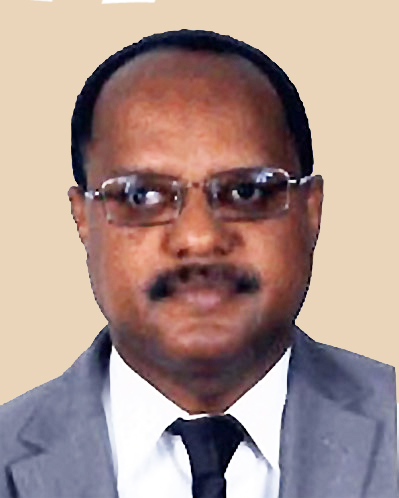
Dr. Mohamed Saeed M. Eltayeb holds a Bachelor of Laws (University of Khartoum), post-graduate diplomas in international relations (University of Khartoum) and international law & organization for development (Institute of Social Studies, The Hague), masters degrees in international relations (University of Amsterdam) and international law (Lund University, Sweden), and a PhD in international human rights law (Utrecht University, Netherlands). He has worked at the Netherlands Institute for Human Rights (SIM), International Commission of Jurists (ICJ), Faculty of Law of the University of Khartoum and the Regional Institute for Gender, Diversity, Peace and Rights of the Ahfad University (Sudan) and has been a visiting researcher at institutes in Europe and United States, including the Swiss Institute of Comparative Law of the University of Lausanne, the Human Rights Centre at Essex University, the Law and Religion Program at Emory University School of Law, the Islamic Legal Studies Program at Harvard Law School and Raoul Wallenberg Institute of Human Rights and Humanitarian Law at Lund University. He is currently working as a Human Rights Advisor at the Human Rights Department of the Qatari Ministry of Foreign Affairs.
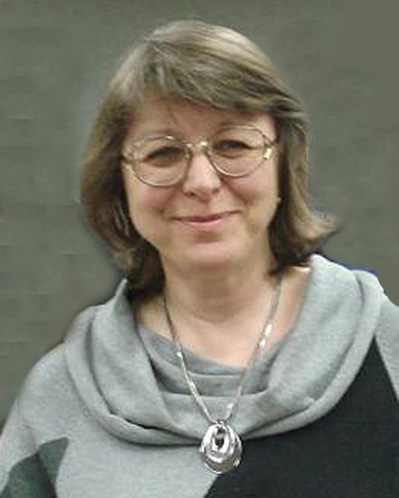
Elena Miroshnikova is a chief researcher at Pushkin Leningrad State University (S-Petersburg, Russia), Research Center for Religious and ethno-political Studies. Previously she was a professor in the Department of Philosophy, Religion, and Culture Studies at Tolstoy Tula State Pedagogical University. Among her publications are The Cooperation Model in State-Church Relations: Experience and Problems (Lambert 2011) and, with Derek Davis, The Routledge International Handbook of Religious Education (2012). She is a member of ICLARS, an expert in religious studies, particularly in church-state relations, and religion and education. She has been a visiting professor at Church-State Institute of Baylor University (Texas, USA) , and a visiting scholar at the International Center of Law and Religion Studies (ICLRS) at Brigham Young University, USA. She is an expert of Russian Association of Religious Freedom. She is also the recipient of "The Honor Worker of Higher Education in the Russian Federation," conferred by the Ministry of Science and Education of Russia.
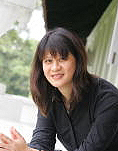
Professor Li-ann Thio is Provost Chair Professor at the Law Faculty, National University of Singapore. She holds a BA (Jurisprudence) from Oxford, an LL.M from Harvard Law School and a Ph.D. from the University of Cambridge. She is a Barrister (Gray’s Inn UK), was a Nominated Member of Parliament (2007-2009) and Senior Advisor to the Foreign Affairs Ministry (2011-2017). She is the Chief Editor, Singapore Journal of Legal Studies and Co-Series Editor on Constitutionalism in Asia (Hart Publishing). She teaches and researches in the fields of Constitutional and Administrative Law, Human Rights in Asia, Law and Religion and Public International Law.
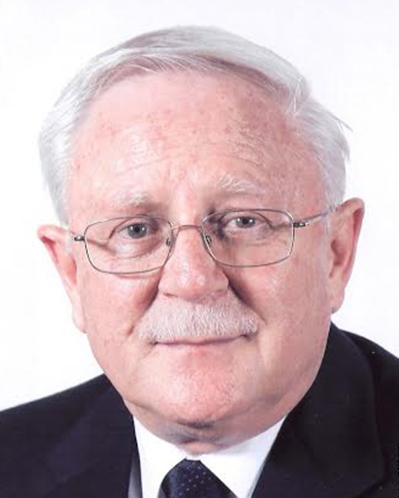
Retired professor of Theology at the University of Stellenbosch, Professor Coertzen still teaches a course in Comparative Canon Law at the KU Leuven every year. He is chairperson of the Unit for the Study of Law and Religion in the Beyers Naudé Centre for Public Theology, Faculty of Theology, University of Stellenbosch and President of the African Consortium for Law and Religion Studies (ACLARS). He holds seven degrees: BA, BA Hons, and MA in Philosophy (Pothefstroom University for Christian Higher Education); Bachelor of Theology, Licentiate in Theology, and Master of Theology in Ecclesiology, and doctorate degree in Theology (Ecclesiology) (University of Stellenbosch). For the Dutch Reformed Church, he has served in many capacities, including Parish Minister, Actuarius, and Church Law Committees. He was Senior Lecturer in Ecclesiology, Professor, and Dean of the Faculty of Theology (University of Stellenbosch). He has published 36 articles in NGTT (of which he has been editor for many years), has written 14 books, and is co-author or editor of more than 30 other publications. Among many honors and activities: Chairman of the Huguenot Memorial Museum in Franschhoek.
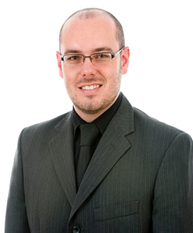
Werner Nicolaas Nel is an academic lecturer in law at the Tshwane University of Technology, Pretoria, South Africa, and part-time lecturer at the University of Johannesburg, South Africa. He is a graduate in Baccalaureus Legum (LLB) and Magister Legum (LLM) in Public International law from the University of Johannesburg. He is also a researcher and doctoral candidate (Doctoral Legum - LLD) in the related fields of International Criminal Law and International Human Rights Law, with specific focus on religious persecution, freedom of religion or belief, and religious advocacy. His doctoral thesis at the Faculty of Law, University of Pretoria is entitled: "International criminal accountability for religious persecution in terms of the Rome Statute: A taxonomy of crimes against humanity of religious persecution."
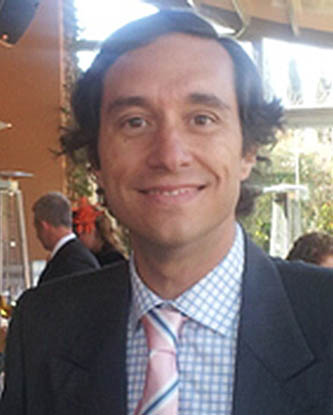
Santiago Cañamares Arribas is Professor of Law - Academic Secretary (Law and Religion Department), Complutense University of Madrid. He is a case note editor for the Oxford Journal of Law and Religion. He earned his PhD at Complutense University, Madrid. His interests include law and religion, religious marriages, and family and marriage law. His articles have appeared in Ecclesiastical Law Journal, Sri Lanka Journal of International Law, Religion-Staat-Gesellsclhaft, Revista General de Derecho Canónico y de Derecho Eclesiástico del Estado, and Anuario de Derecho Eclesiástico del Estado.
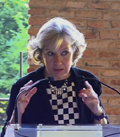
Rosa Maria Martínez de Codes is Professor of American History at University Complutense in Madrid, Spain. She received her PhD in American History at Complutense University in 1985. She has been Vice Director of Religious Freedom at Spanish Ministry of Justice; General Secretary of Asociación Española de Libertad Religiosa; Vice President of European Association of Americanist (AHILA); Secretary of the International Association Derecho Indiano; Vice President, International Religious Liberty Association (IRLA), Washington DC; Member of Europaea Academy of Social Sciences and advisor of the Scientific Commitee "Observatorio del Pluralismo Religioso" de la Fundación Pluralismo y Convivencia, Ministry of Justice, Madrid; and Member, the Academy of Europe. As main researcher of five National Coordinated Projects she has worked on Ethnic and religious minorities in Europe; Defamation issues and incitement to religious hate; Teaching respect of religions: analysis of phobias and religious stereotypes; Tolerance and Public policies: anti-Semitism, lslamophobia and Christianphobia; and, lately, Religions and Secularity in the Western countries. She has conducted seminars and courses at the European University of Florence; Free School of Law, Mexico; National University of the South of Bahía Blanca; National University of Temuco, Chile; Brown University, Providence, Rhode Island, USA; European Academy of Yuste Foundation, and others, and is author of many journal articles and book chapters dealing with religion, state, and society.
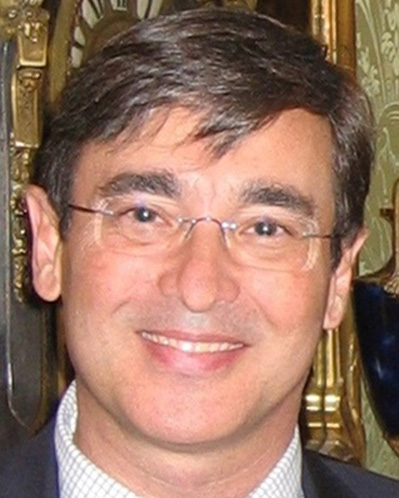
Javier Martínez-Torrón is Professor of Law and Director of the Department of Law and Religion, Complutense University of Madrid and Vice-President of the Section of Canon Law and Church-State Relations of the Spanish Royal Academy of Jurisprudence and Legislation. He is Honorary Foreign Member of the National Academy of Law and Social Sciences of Cordoba, Argentina; a former member of the Organization of Security and Co-operation in Europe/Office for Democratic Institutions and Human Rights Advisory Council for Freedom of Religion or Belief; and a member of the Spanish Advisory Commission for Religious Freedom within the Ministry of Justice. His research on law and religion issues is characterized by a predominant interest in international and comparative law. His writings, published in twenty-three countries and in twelve languages, include twenty books as author, co-author or editor, and more than one hundred essays in legal periodicals or collective volumes. His book Conflictos entre conciencia y ley. Las objeciones de conciencia (2nd ed., in collaboration with R. Navarro-Valls, 2012), contains possibly the most complete study published until now on the issue of conflicts between law and conscience.
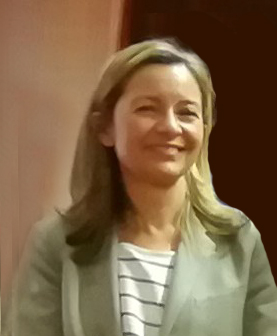
Silvia Meseguer Velasco is Contracted Professor in the Faculty of Law of the Complutense University of Madrid and Accredited Professor of Ecclesiastical Law of the State and Corresponding Academic of the Royal Academy of Jurisprudence and Legislation. She is a member, among other associations in the field of her discipline, of the Consociatio Internationalis Studio Iuris Canonici Promovendo, of the Latin American Consortium of Religious Liberty. and of the Spanish Association of Canonists. She is the author of the monographs The financing system of the Catholic Church through tax exemptions (2000), and Public transport and religious factor (2017). She is the coordinator and author, among other books, of Teaching Law in the 21st Century (2009); Religion, Marriage and Right before the XXI Century (2013) and Armed Forces and religious factor (2015). She has published more than twenty articles in national and international legal journals: General Review of Canon Law and Ecclesiastical Law of the State, Yearbook of Ecclesiastical Law of the Spanish State, Spanish Magazine of Canon Law, Il Diritto Ecclesiastico, Jus, Rivista di Scienze Giuridic, Comparative Bulletin of Mexican Law, Journal of Public Law.
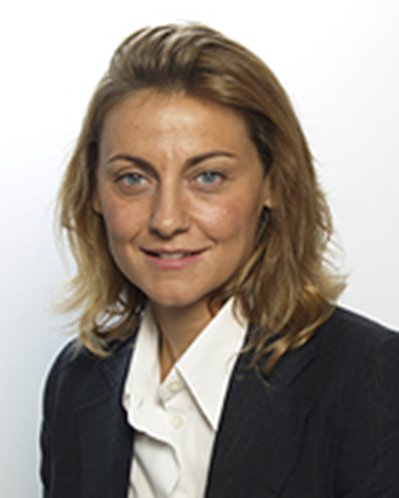
Eugenia Relaño Pastor is a senior researcher at the Law and Anthropology Department in the Max Planck Institute (MPI) for Social Anthropology, where she coordinates the development of a database on cultural and religious diversity (CUREDI), to address the management (and governance) of cultural and religious diversity by providing a new set of data on case law, legislations and regulations, public documents and policies across multiple EU Member States. Prior to joining the Max Planck Eugenia worked as a legal adviser for the Spanish Ombudsman in the Department of Migration and Equal Treatment and as a legal trainer for national human rights institutions in Kazakhstan, Armenia, Macedonia and Turkey. She holds bachelors degrees in political science and in sociology and a doctorate degree in law from the University of Granada. She is an assistant professor at Complutense University (Madrid). She was a Fulbright Fellow in the Salzburg Seminar in 2001. She was member of the Advisory Panel of Experts on Freedom of Religion and Belief, ODIHR-OSCE (2005-2012) and is the Spanish representative member of the Legal Working Group (LWG) of the European Group of National Human Rights Institutions (Council of Europe).
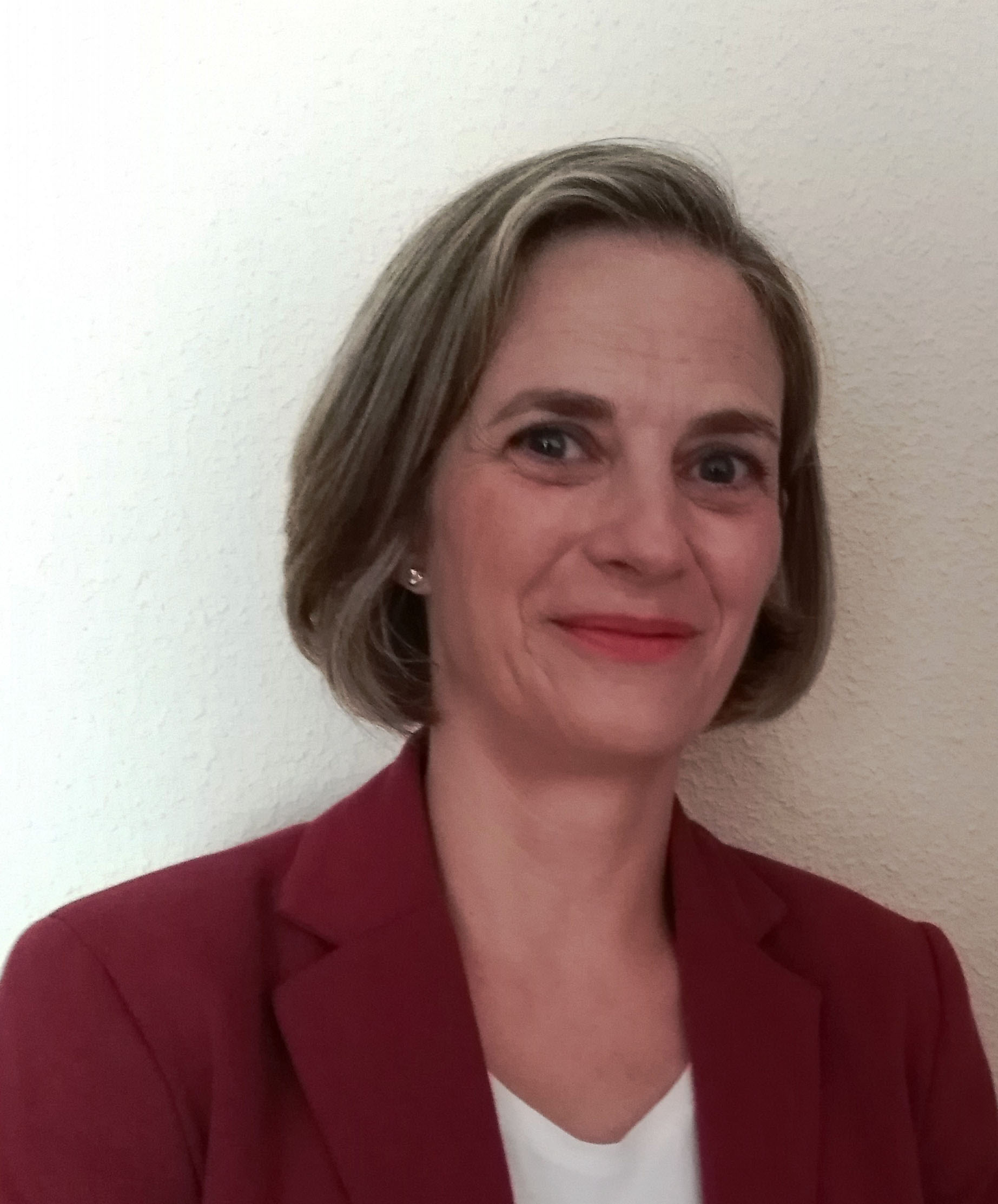
Belén Rodrigo is Teacher of Ecclesiatical Law, Instituto de Estudios Bursátiles (IEB), Madrid, Spain, teaching the subjects Ecclesiastical Law and Constitutional Law and Children Rights in the Master's Degree Program in Family Counseling and Mediation with Minors. She holds a Bachelor and PhD in Law from Universidad Complutense de Madrid and is Researcher in research projects in the Complutense Department of Ecclesiastical Law. Her research work is mainly related to the religious freedom of minors, the right to education and conscientious objection. She has work experience as a Director of labor training programs and childhood projects.
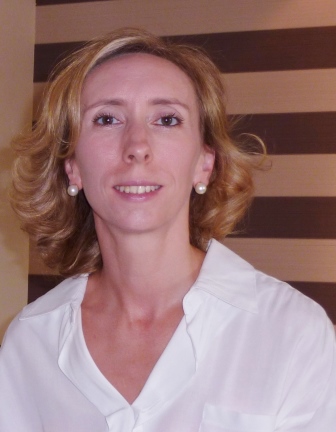
[update?] María José Valero received a Bachelor of Law (Universidad Pontificia de Comillas ICAI-ICADE) in 1998. She was a practicing lawyer in the Litigation Department of the firm Cuatrecasas (Madrid) between 2002 and 2007. Since 2010, she is a PhD Candidate working in the Department of Law and Religion at the Law Faculty of the Complutense University of Madrid. Specializing in educational rights and in the collective religious freedom of religious communities, she is the author of several published papers on homeschooling and faith-schools in Europe, and has participated as a speaker and discussant in various national and international conferences. She currently focuses her research in the relationship between the autonomy of religious groups and the right to non-discrimination in the workplace. She is a lecturer for Law and Religion at the Villanueva University Centre in Madrid.
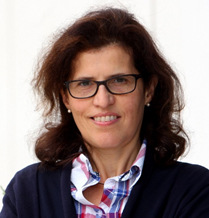
Ana María Vega Gutiérrez received a degree in law (University of Oviedo, 1988) and canon law (University of Navarra, 1990), a Doctor in Law (University of Navarra, 1993), and a University Specialist in Bioethics (University of Valladolid, 1996). She is Professor of Ecclesiastical Law of the State and Director of the UNESCO Chair of Democratic Citizenship and Cultural Freedom of the University of La Rioja. Academic correspondent of the Royal Spanish Academy of Jurisprudence and Legislation. She has been awarded the Distinguished Cross of 1st Class of the Order of San Raimundo de Peñafort, granted by the Ministry of Justice of the Spanish Government in April 2017. She has been an expert on numerous sessions of the Sub-Commission on the Promotion and Protection of Human Rights, the Human Rights Committee, and the United Nations Committee on the Rights of the Child and the Committee of the Regions of the European Union.
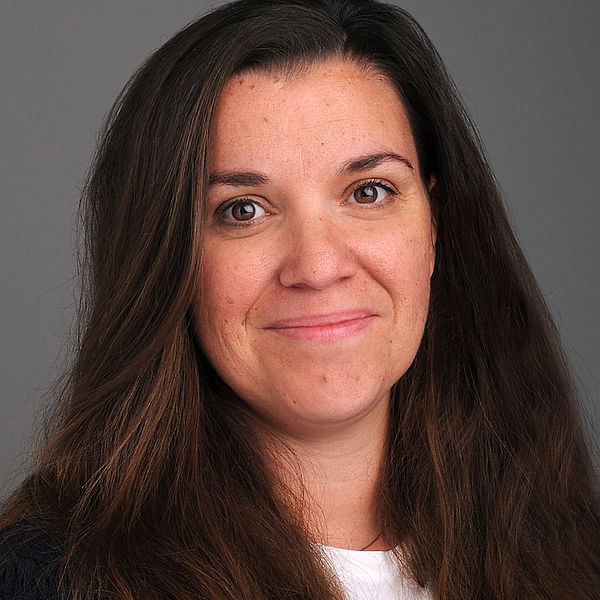
Kyriaki Topidi holds a Maîtrise en Droit from the Robert Schuman Faculty of Law in Strasbourg, an MA in International Studies from the University of Birmingham (UK) and a PhD in European Studies from Queen’s University Belfast (UK). She has undertaken extensive research in the areas of minority rights, EU law and public international law. She has also participated to a significant numbers of international conferences on various topics and has published widely on these topics. Previous working experience includes positions held at the European Parliament in Brussels, at research centres and NGOs in Germany and Greece as well as at the American University of Athens, as ILEX course leader. Her teaching experience covers primarily European public law, human rights law as well as EU law. She has participated in and managed a number of research projects on EU enlargement, minority protection as well as on comparative constitutional law. She has recently acted as an expert for the European Parliament on these issues. She joined the University of Lucerne in November 2006.
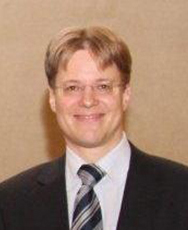
Michael Wiener has been working as a Human Rights Officer in the Office of the United Nations High Commissioner for Human Rights (OHCHR) since 2006. He is currently focusing on the human rights dimensions of preventing and countering violent extremism. He previously worked in the Field Operations and Technical Cooperation Division and also supported for five years the mandate of the UN Special Rapporteur on Freedom of Religion or Belief. Furthermore, he has been involved in OHCHR’s Faith for Rights programme which, through the Beirut Declaration and its 18 commitments, aims at fostering the development of peaceful societies, which uphold human dignity and equality for all and where diversity is not just tolerated but fully respected and celebrated. He was one of the experts who participated in the consultations that drafted the Camden Principles on Freedom of Expression and Equality. He has a Master of Laws from the University of London and also holds a doctoral degree from the University of Trier.
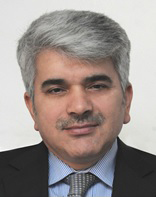
İsmail Başaran graduated from the Marmara University Faculty of Theology in 1987 and completed his Ph.D. in Religious History (Conservative Judaism) in 2017 at the Institute of Social Sciences, Ankara University. He also studied for a year at the Jewish Theological Seminary in New York as a visiting scholar. He has been teaching at Iğdır Üniversitesi Theology Faculty in Turkey as an assistant professor since February 2018. Before 1996 he served as a teacher of Vocational Courses and as Preacher and Mufti. In 1996 he was assigned to the United States as a religious officer and worked in Chicago and Rochester for a total of 7 years. In Rochester he earned a Master Degree in Human Service Administration at John Fisher University with a thesis based on the topic "Woman in Islam". After returning to Turkey in 2002, he worked as a specialist in the Presidency of Foreign Affairs and received the course by the Middle East Technical University (METU) "EU Enlargement and Turkey's candidacy", European Union Expertise certification. While serving in the headquarters of the Directorate of Religious Affairs (2002 - 2006), he participated in several international conferences representing the Presidency. He served as a diplomat from 2006 to 2010, as the Consultant for the Religious Services of the Embassy of Denmark in Copenhagen.
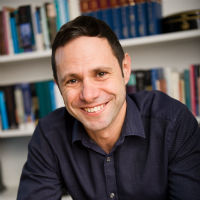
Dr Javier Garcia Oliva studied Law at the University of Cádiz, where he obtained his first degree, LLM and PhD (cum laude and European distinction). After finishing his first degree, he took up a lectureship at the University of Cádiz and subsequently, a Research Fellowship at the Centre for Law and Religion, Cardiff University. Javier became a lecturer at the University of Wales Bangor in 2004. In January 2011 he moved to the University of Manchester, where he is currently a Senior Lecturer in Law. Javier is also a Teaching Fellow at University College London (U.C.L.) and the University of Oxford. Dr Garcia Oliva is a Research Associate at the Centre for Law and Religion (Cardiff University), Profesor Visitante del Centro de Derecho Comparado de la Facultad de Derecho de la Universidad de Sevilla, and Visiting Professor at Schulich School of Law, Dalhousive University (Canada). Javier is also the Membership Secretary of the UK Constitutional Law Association and the Book Review Editor of 'Law and Justice'.
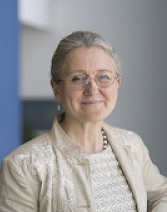
Jessica Giles is a law lecturer at the Open University Law School and Director of PILARS (Project on Interdisciplinary Law and Religion Studies at the Open University). She runs a Master’s Degree courses on Business Law, Social Responsibility and Human Rights and Research Methodology and is a team member on an undergraduate course on public and criminal law. Her research is in the interdisciplinary field of law and philosophical theology. She examines the place of faith in public life, constitutional and international legal structures. Jessica took her undergraduate law degree at Durham University and her masters in international human rights law and European Union law at Bristol University. She studied theology at the Open Theological College and theology of law at Spurgeon’s College. She qualified as a Solicitor in 1991 and transferred to the bar (Inner Temple) in 2016. She is on the advisory council of the Kirby Laing Institute for Christian Ethics, Cambridge. She is co-editor of the book Law, Religion and Tradition with A. Pinn and F.S. Ravitch (Springer 2018), and is an associate editor of the Oxford Journal of Law and Religion.
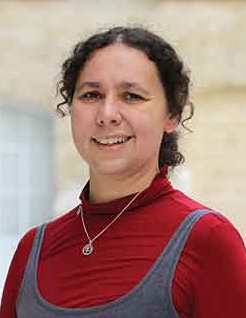
The Reverend Doctor Helen Hall is a Senior Lecturer at the Law School, Notthingham Trent University, United Kingdom, with teaching responsibilities in Tort, Contract and Family law. She is a qualified solicitor and an ordained Anglican priest and is Associate Director of the Centre for Rights and Justice. She is a member of the Editorial Board of Law and Justice and is a Research Associate for the Cardiff Centre for Law and ReligionHer research interest are in the fields of Law and Religion, Tort, Family and Public Law, with a particular interest in law and exorcism/deliverance ministry and the rights and freedoms of children in relation to religion. She is currently working on the Balancing Beliefs project and blog, which accompanies a book, recently co-authored with Javier García Oliva, Religion, Law and the Constitution: Balancing Beliefs in Britain.
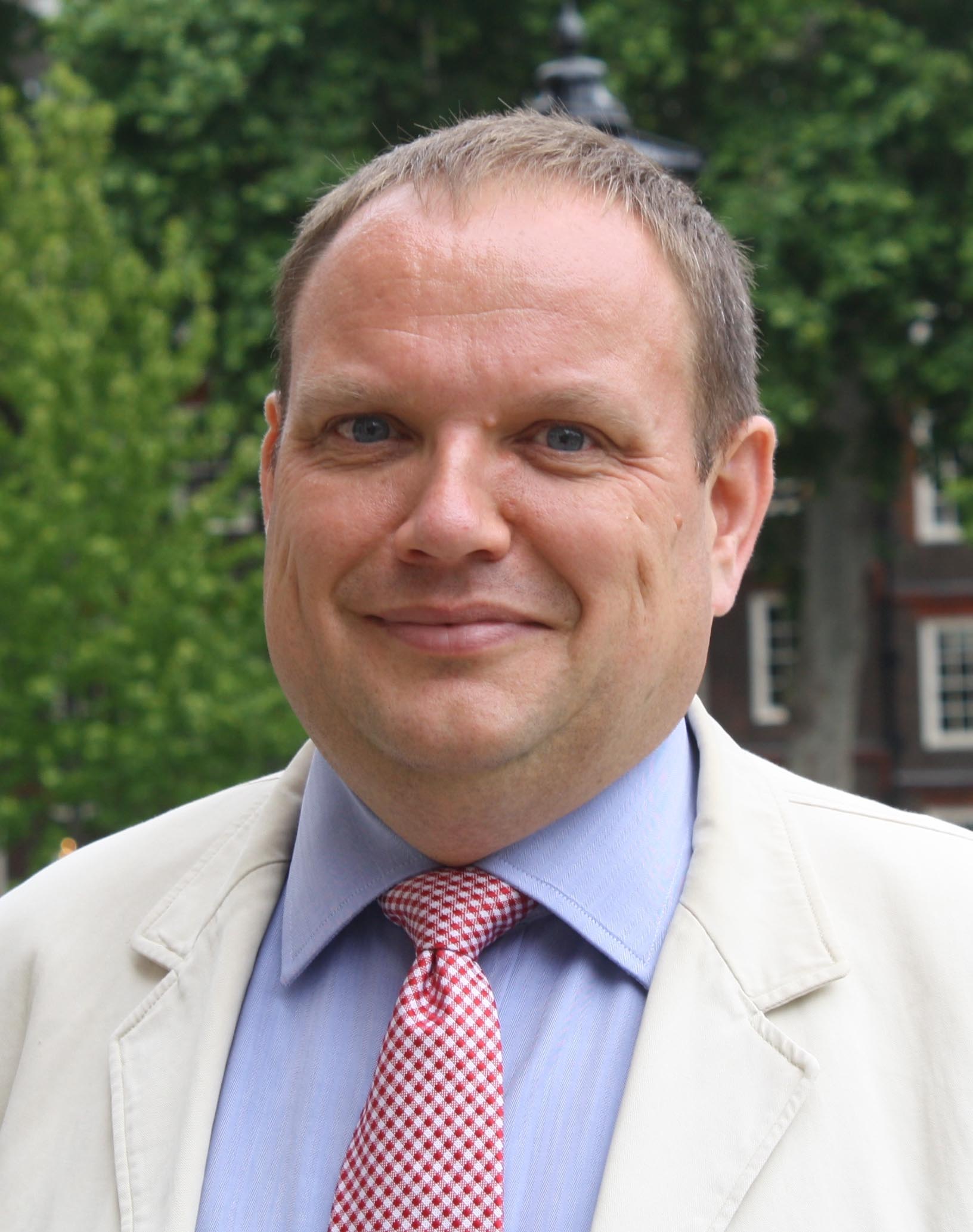
Mark Hill has more than twenty years’ experience of common law practice advising and representing clients in a broad range of cases including personal injury, professional negligence, rating, costs, trusts of land, property disputes and village greens. Against this wide background he has developed an expertise in the law of religious liberty and is recognized as the United Kingdom's leading practitioner in ecclesiastical law. He is Honorary Professor at the Centre for Law and Religion, Cardiff University; formerly Visiting Fellow at Emmanuel College, Cambridge; Extraordinary Professor at the University of Pretoria; Visiting Professor at the Dickson Poon School of Law at King's College London; and Adjunct Professor at Notre Dame University, Sydney. He is Ecumenical fellow in Canon Law at the Venerable English College in Rome. He was elected a Bencher of the Honourable Society of the Inner Temple in 2011 and appointed President of the European Consortium for Church and State Research in 2012. He sits as a Recorder on the Midland Circuit in criminal, civil and family cases, is a qualified Mediator was a legal assessor to the Fitness to Practise Panel of the General Medical Council (2008-2015). He regularly publishes and lectures on matters of Church and State and was a contributing editor for Jowitt's Dictionary of English Law (2010). He is Vice President of the International Consortium for Law and Religion Studies.
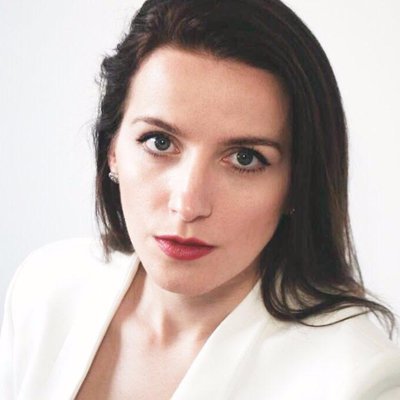
Ewelina U. Ochab is a legal researcher and human rights advocate, and author of the book Never Again: Legal Responses to a Broken Promise in the Middle East. Ochab works on the topic of the persecution of minorities around the world, with main projects including Daesh genocide in Syria and Iraq, Boko Haram atrocities in West Africa, and the situation of religious minorities in South Asia. Ochab has written over 30 UN reports (including Universal Periodic Review reports) and has made oral and written submissions at the Human Rights Council sessions and the UN Forum on Minority Issues. She is currently working on her PhD in international law, human rights, and medical ethics at the University of Kent. She s a Contributor to Forbes. She has also published in HuffPost, Providence Magazine, Oxford Human Rights Hub, UnHerd, and Washington Examiner.
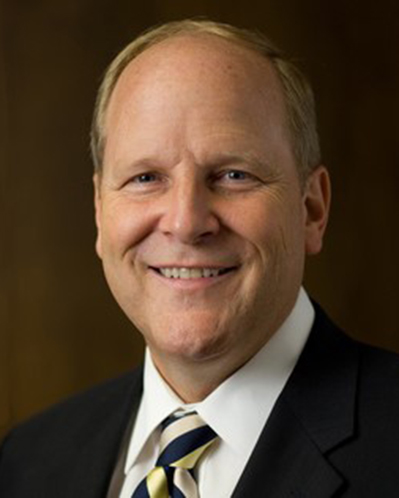
Gary B. Doxey, Associate Director, International Center for Law and Religion Studies, J. Reuben Clark Law School, Brigham Young University, joined the Center in 2005 and serves as regional advisor for Latin America. He also heads the Center’s development effort. He has co-authored several commentaries on draft legislation, and a number of amicus briefs in Latin America. He also teaches in the History Department at Brigham Young University. Professor Doxey’s career has been divided between academia and public service. Prior to joining the law school, he was chief of staff and general counsel to Utah governors Mike Leavitt and Olene Walker and served as deputy commissioner of financial institutions and as associate general counsel to the Utah Legislature. He has a PhD in History from Cambridge University and a JD from Brigham Young University.
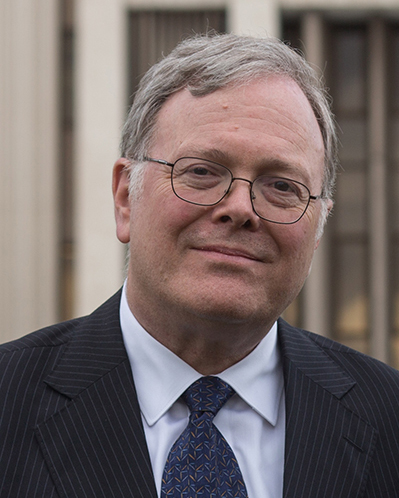
Cole Durham is Susa Young Gates University Professor of Law and Founding Director of the International Center for Law and Religion Studies (ICLRS) at the J. Reuben Clark Law School of Brigham Young University. He is a graduate of Harvard College and Harvard Law School, where he was a Note Editor of the Harvard Law Review and Managing Editor of the Harvard International Law Journal. He has been heavily involved in comparative law scholarship, with a special emphasis on comparative constitutional law. He is a founding Editor-in-Chief of the Oxford Journal of Law and Religion. He served as the Secretary of the American Society of Comparative Law from 1989 to 1994. He is an Associate Member of the International Academy of Comparative Law in Paris—the premier academic organization at the global level in comparative law. He served as a General Rapporteur for the topic 'Religion and the Secular State' at the 18th Congress of the International Academy of Comparative Law, held in July 2010. He served in earlier years as Chair both of the Comparative Law Section and the Law and Religion Section of the American Association of Law Schools. Professor Durham was President of the International Consortium for Law and Religion Studies (ICLARS) from 2011-2016.
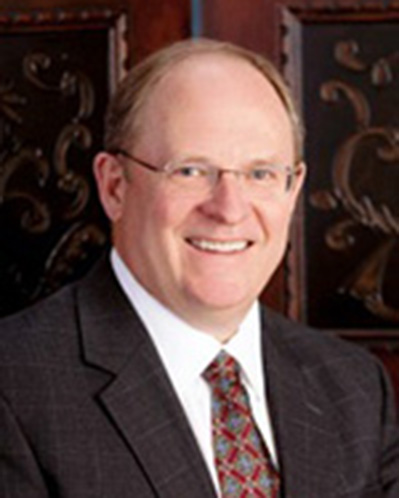
Scott Isaacson is Senior Fellow with the International Center for Law and Religion Studies of the J. Reuben Clark Law School, Brigham Young University, and a member of the International section of the law firm Kirton McConkie. He advises domestic and foreign businesses and not-for-profit organizations regarding all aspects of international trade and business, with specific emphasis in Latin America. He previously served as International Legal Counsel for The Church of Jesus Christ of Latter-day Saints, supervising all of the church's legal work in South America. As part of this position, he managed international real estate acquisitions and construction, complex litigation and international arbitration, international tax compliance for not-for-profit organizations, government relations, and legal implementation of new programs. On a regular basis, he makes presentations at international seminars held in countries such as Chile, Argentina, and Mexico about legal matters related to non-profit and religious organizations. Isaacson is recognized as one of Utah's Legal Elite in international law.
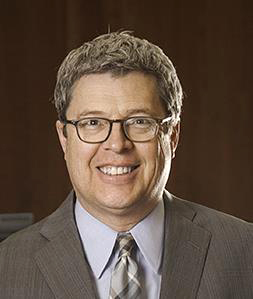
Brett Scharffs is the Rex E. Lee Chair and Professor of Law at Brigham Young University’s J. Reuben Clark Law School, and Director of the International Center for Law and Religion Studies. His teaching and scholarly interests include law and religion, legal reasoning and rhetoric, philosophy of law, and legislation and regulation. Professor Scharffs is a graduate of Georgetown University, where he received a BSBA in international business and an MA in philosophy. He was a Rhodes Scholar at Oxford University, where he earned a BPhil in philosophy. He received his JD from Yale Law School, where he was Senior Editor of the Yale Law Journal. In his eighteen-year academic career, Professor Scharffs has written more than 100 articles and book chapters, and has made over 300 scholarly presentations in 30 countries. His field-creating casebook, Law and Religion: National, International and Comparative Perspectives (co-authored with W. Cole Durham, Jr.), has been translated into Chinese and Vietnamese, with more translations underway. He has served as Chair of the Law and Religion Section of the Association of American Law Schools, and is immediate past Chair of the Law and Interpretation Section of the AALS. He is on the editorial board of the Oxford Journal of Law and Religion and the Advisory Board of the Research Unit for the Study of Society, Law and Religion at the University of Adelaide.
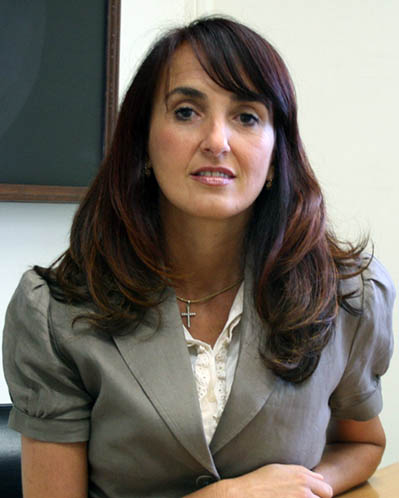
Carmen Asiaín Pereira serves as a senator in the Parliament of Uruguay. She received a doctor in law and social sciences from the University of the Republic and is a professor of law and religion, graduate studies program, at the University of Montevideo and a professor of law and religion and of health law, graduate program, Facultad de Teología del Uruguay Monseñor Mariano Soler. She is immediate past president of the Latin American Consortium for Freedom of Religion and Belief. She has participated as a panelist on religious liberty and law and religion at international conferences, and at the UN, and has published papers internationally on many topics. Dr. Asiaín is a member of the Judeo-Christian Fellowship and a founding member and vice-president of the Instituto de Derecho Religioso del Estado (IDRE), Uruguay, and of the International Advisory Council, Canon Law and Ecclesiastical Law General Journal, IUSTEL. As an attorney accredited by the National Ecclesiastical Court (Uruguay and Argentina) and a partner at the law firm of Pollak & Brum, she is a litigator in matrimonial canon law. She is an advisor and litigator in cases involving freedom of conscience and religion or belief against the State.
